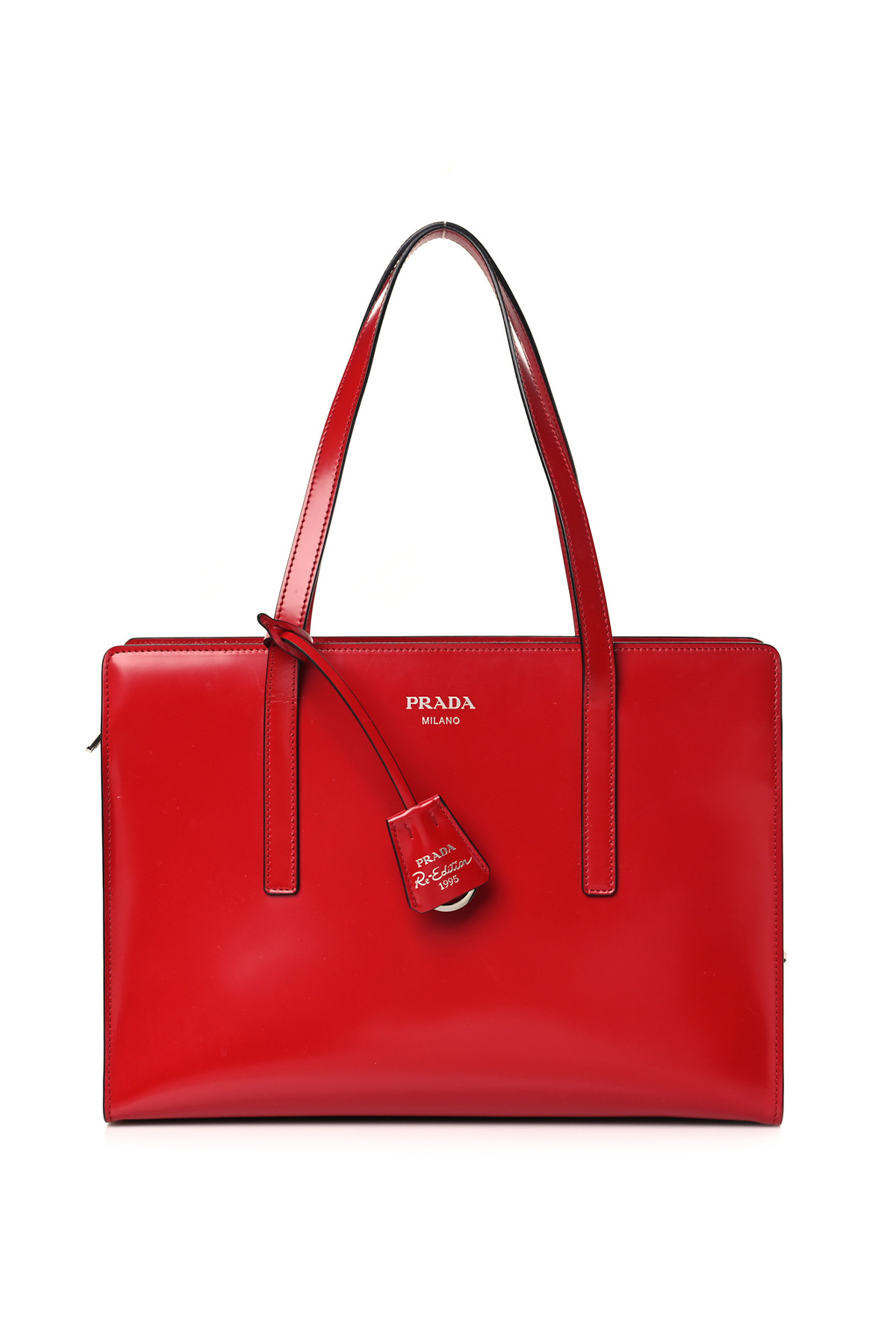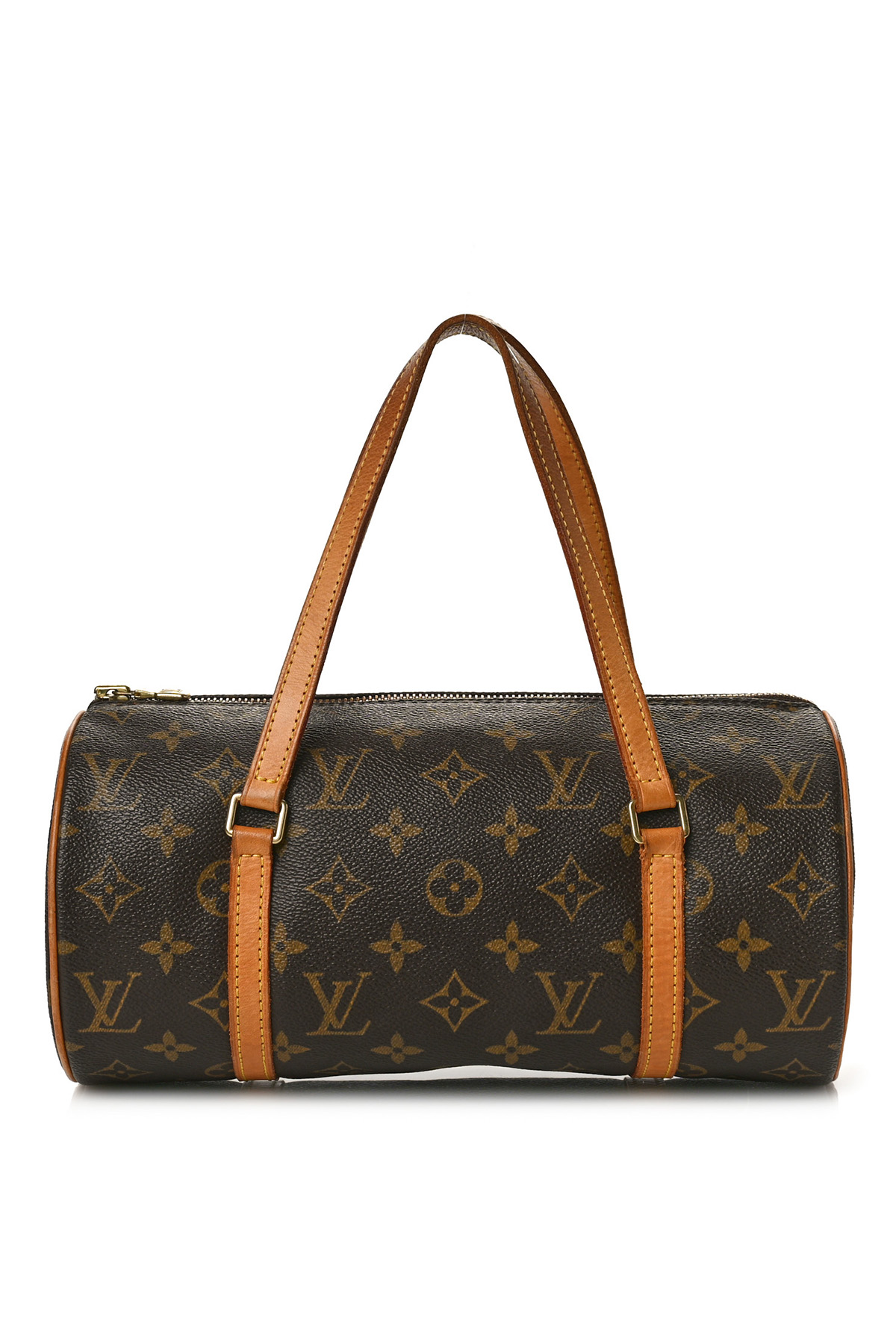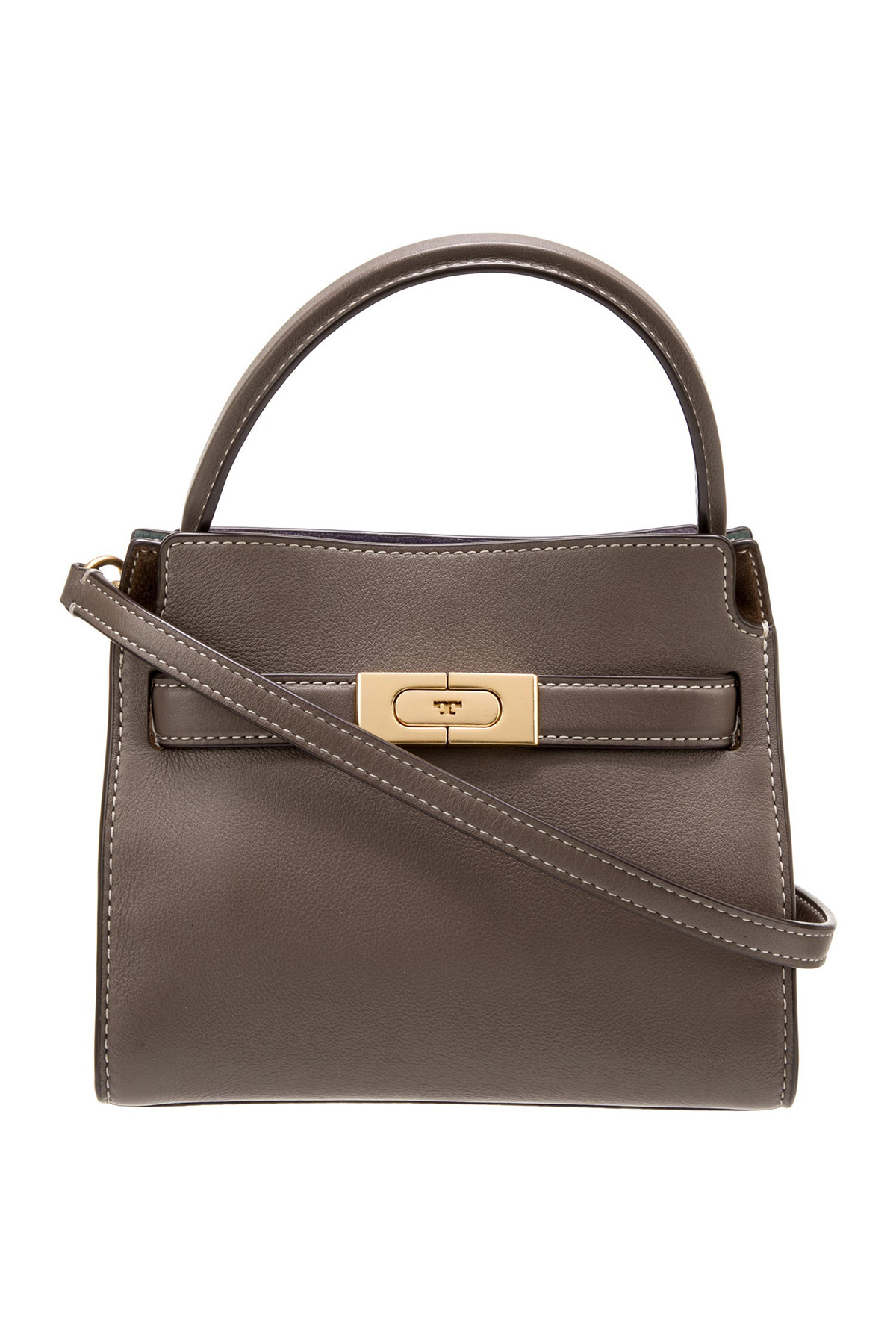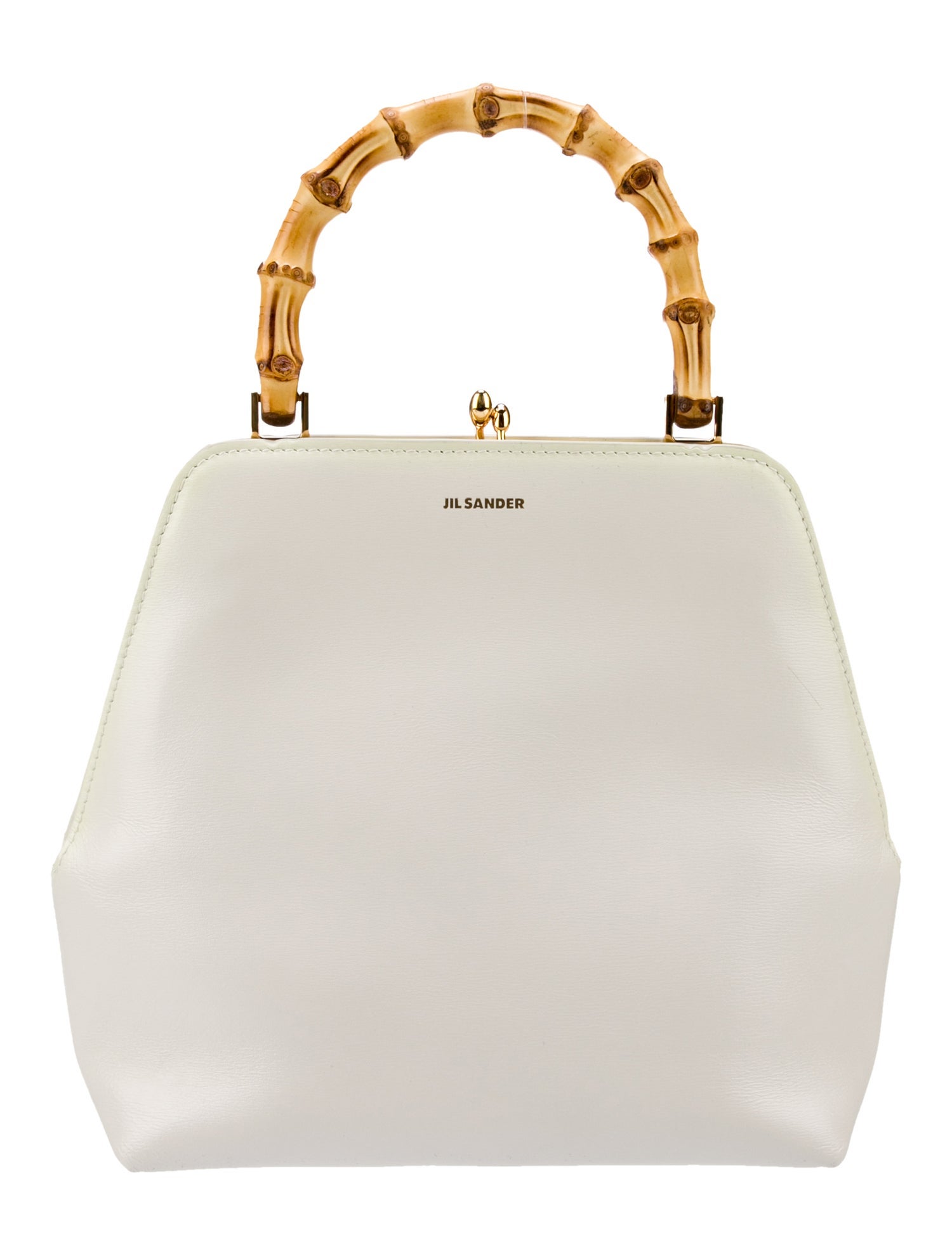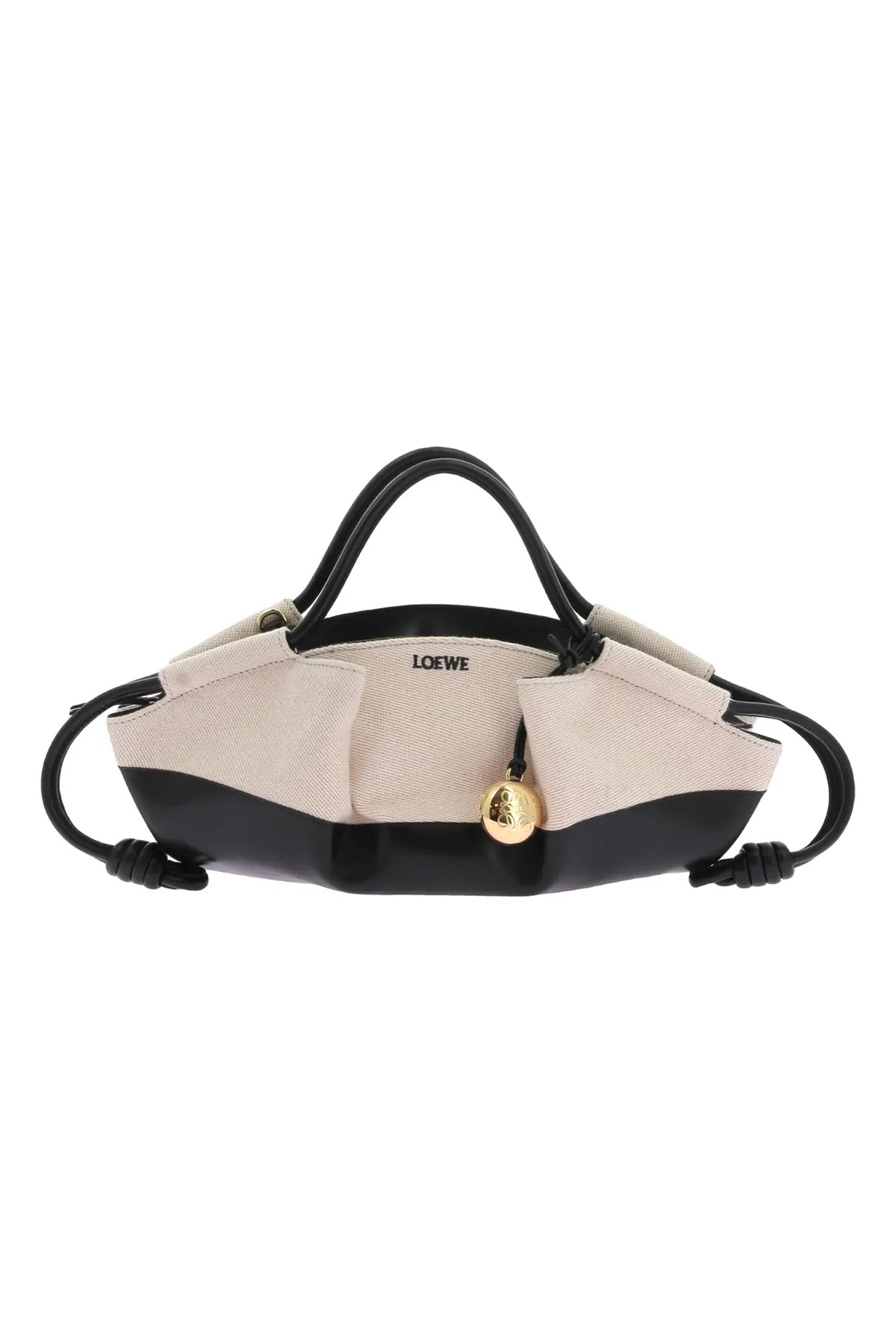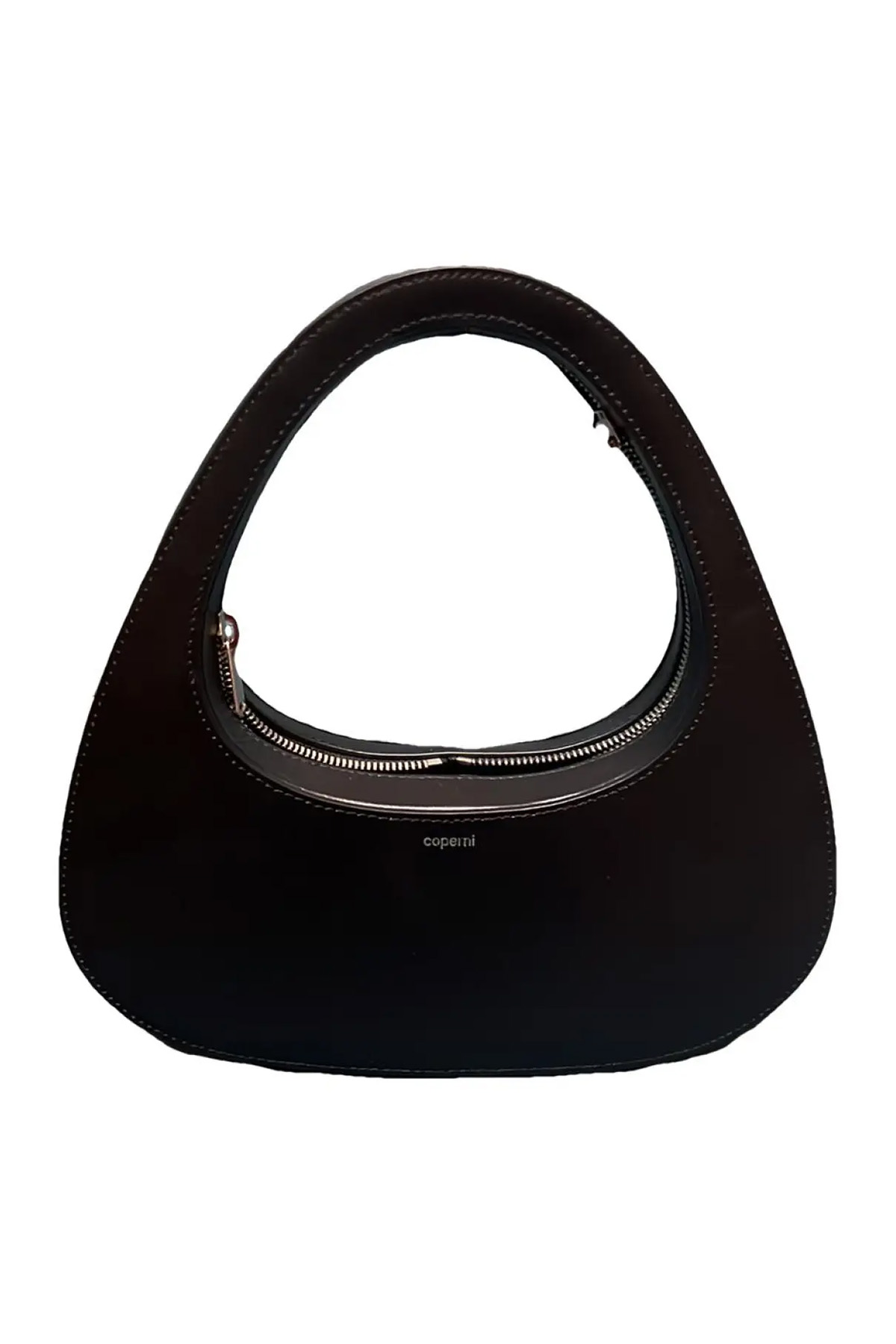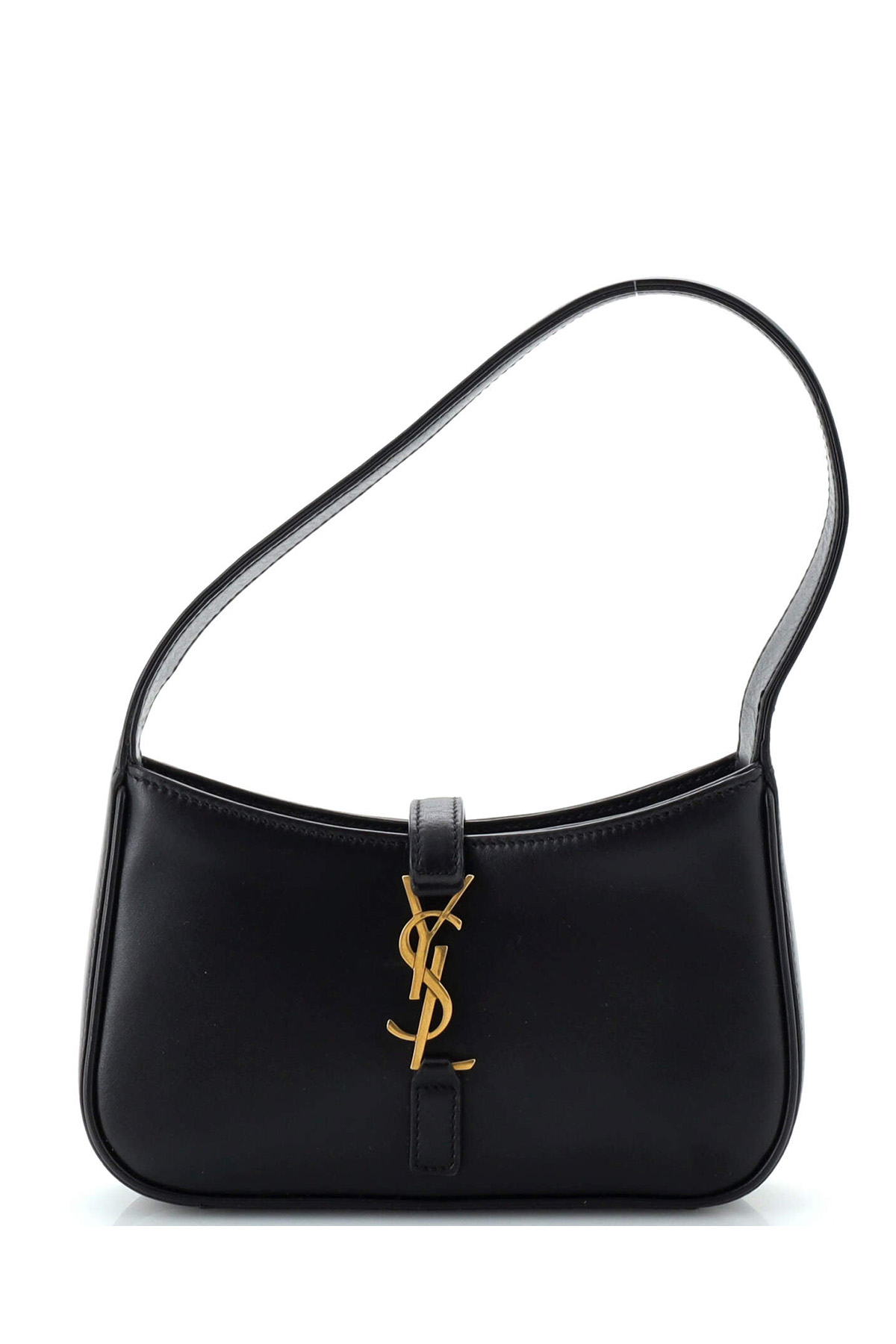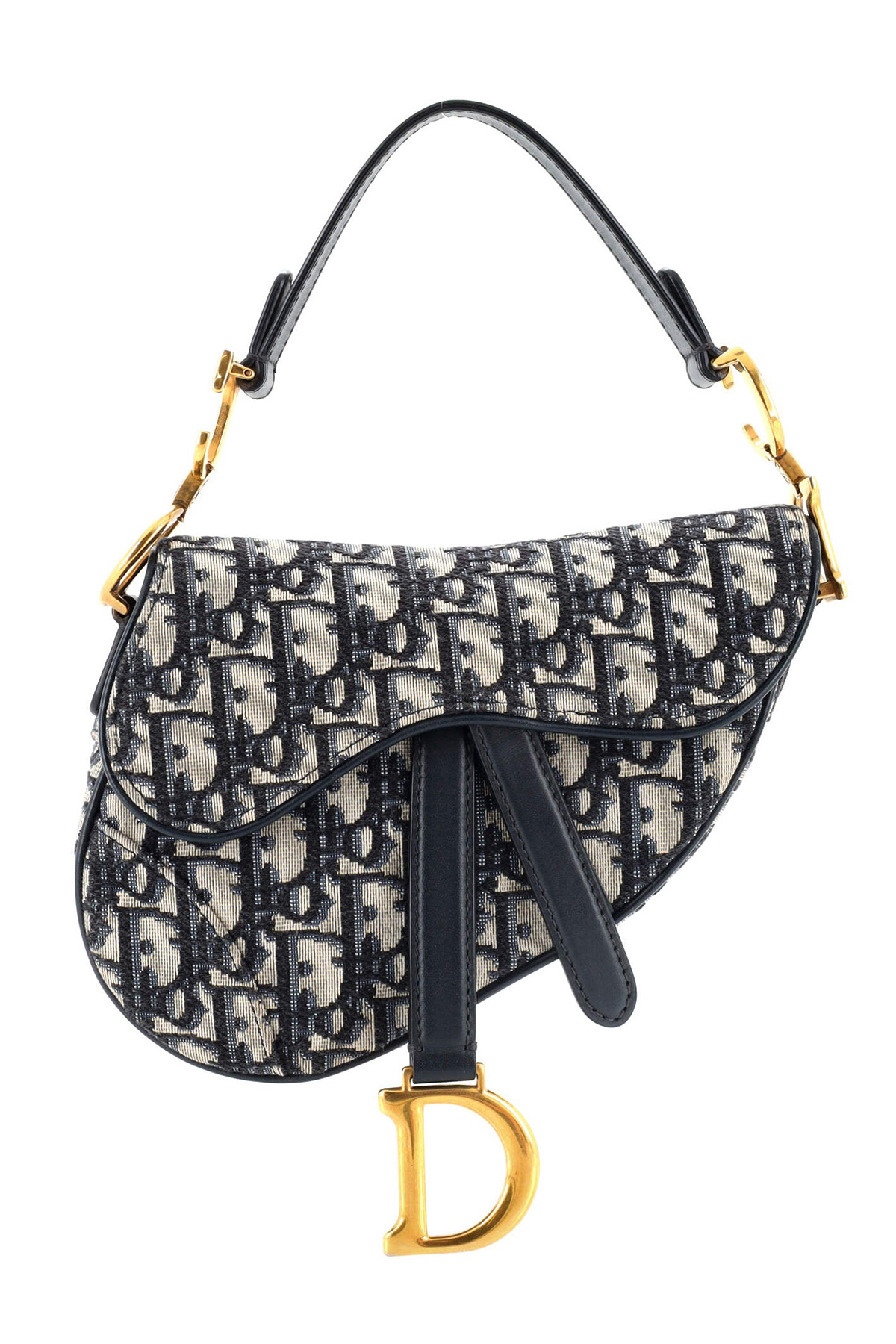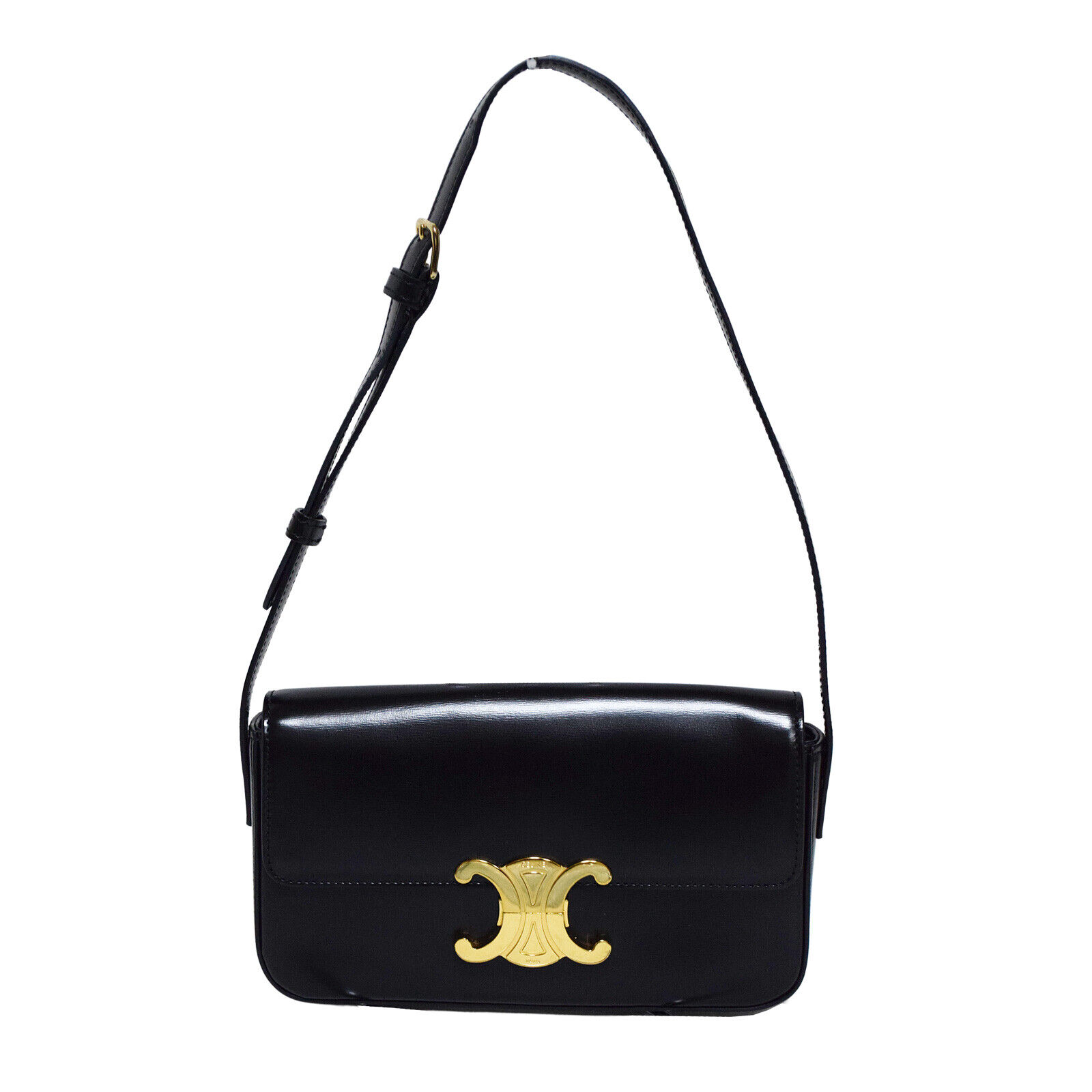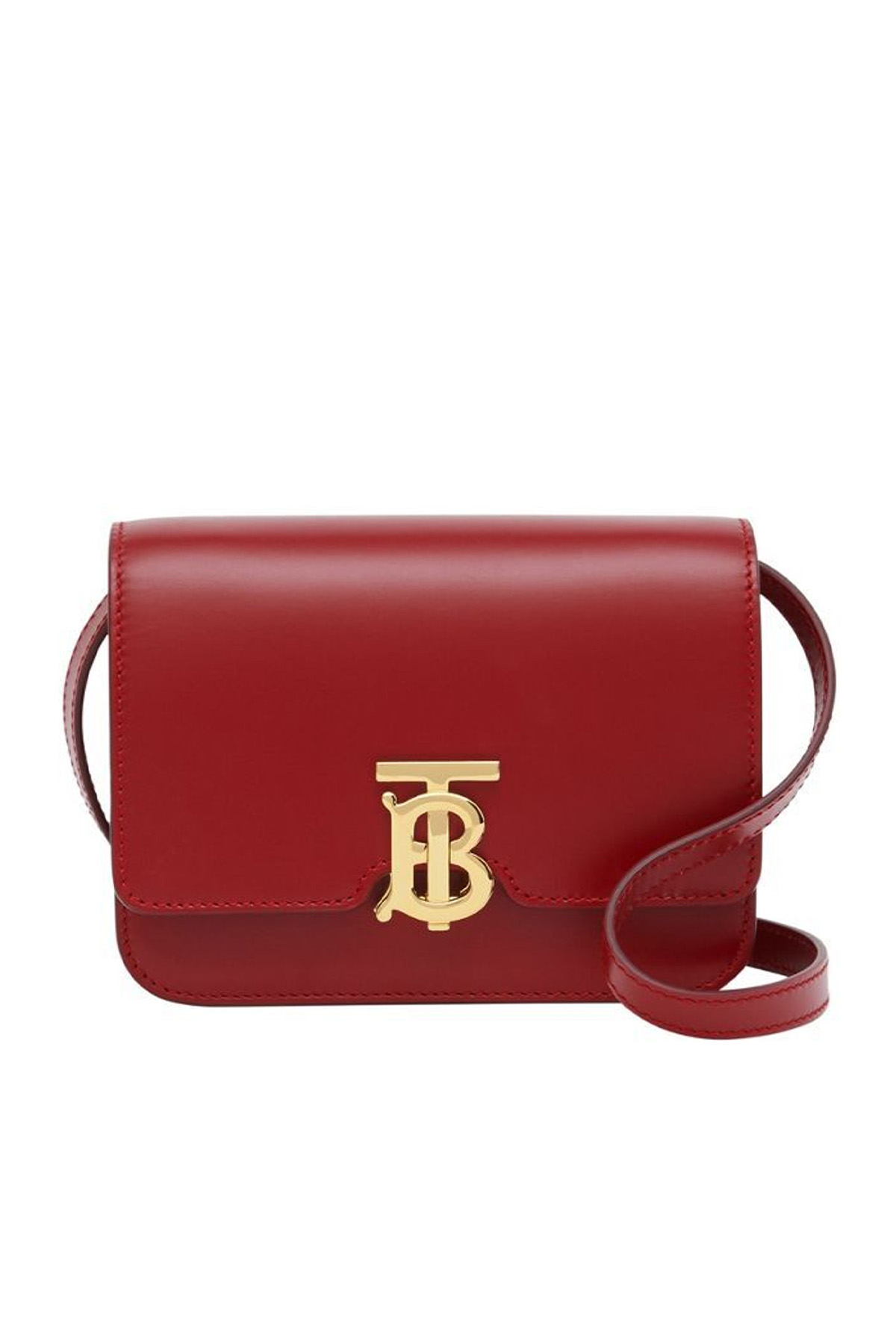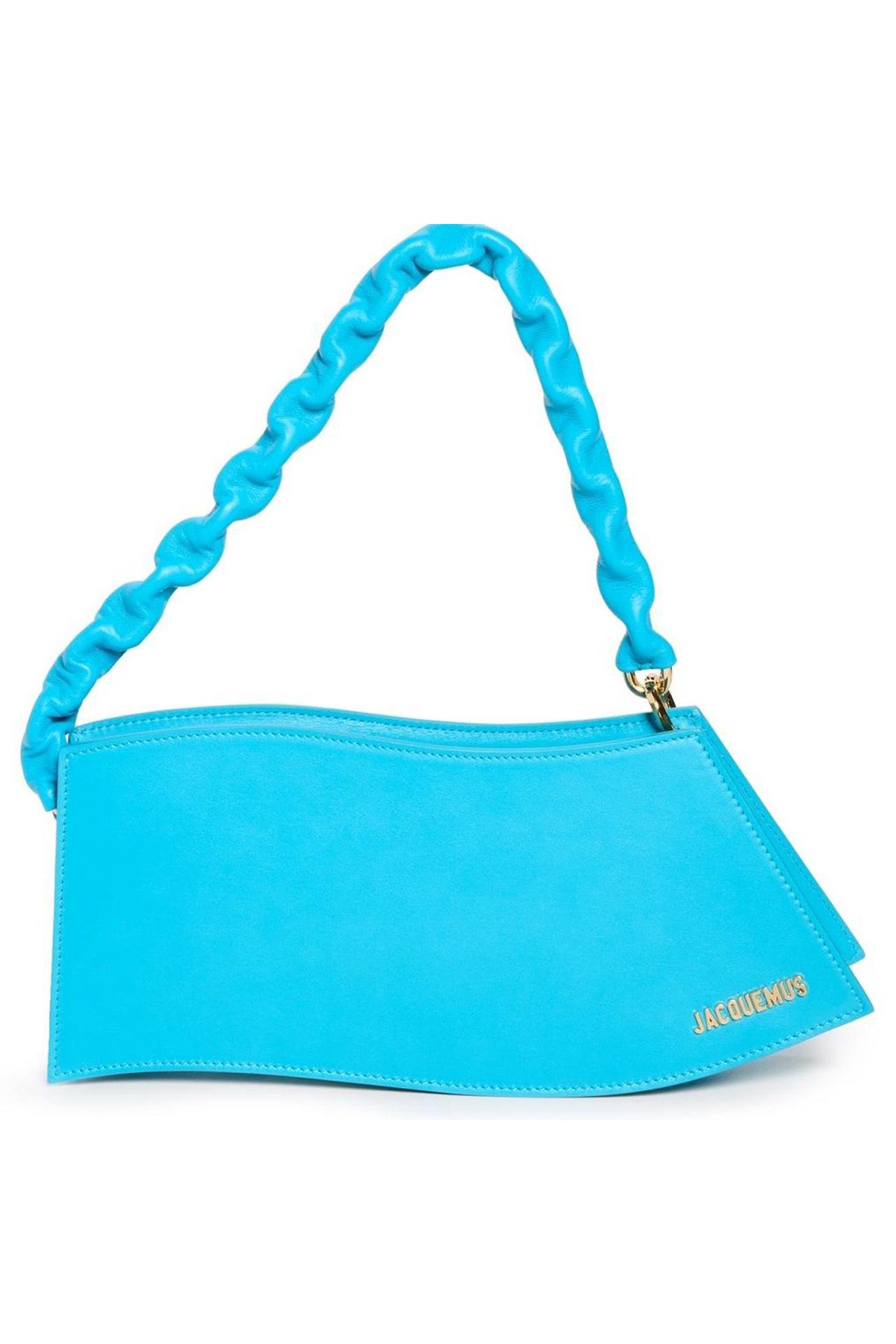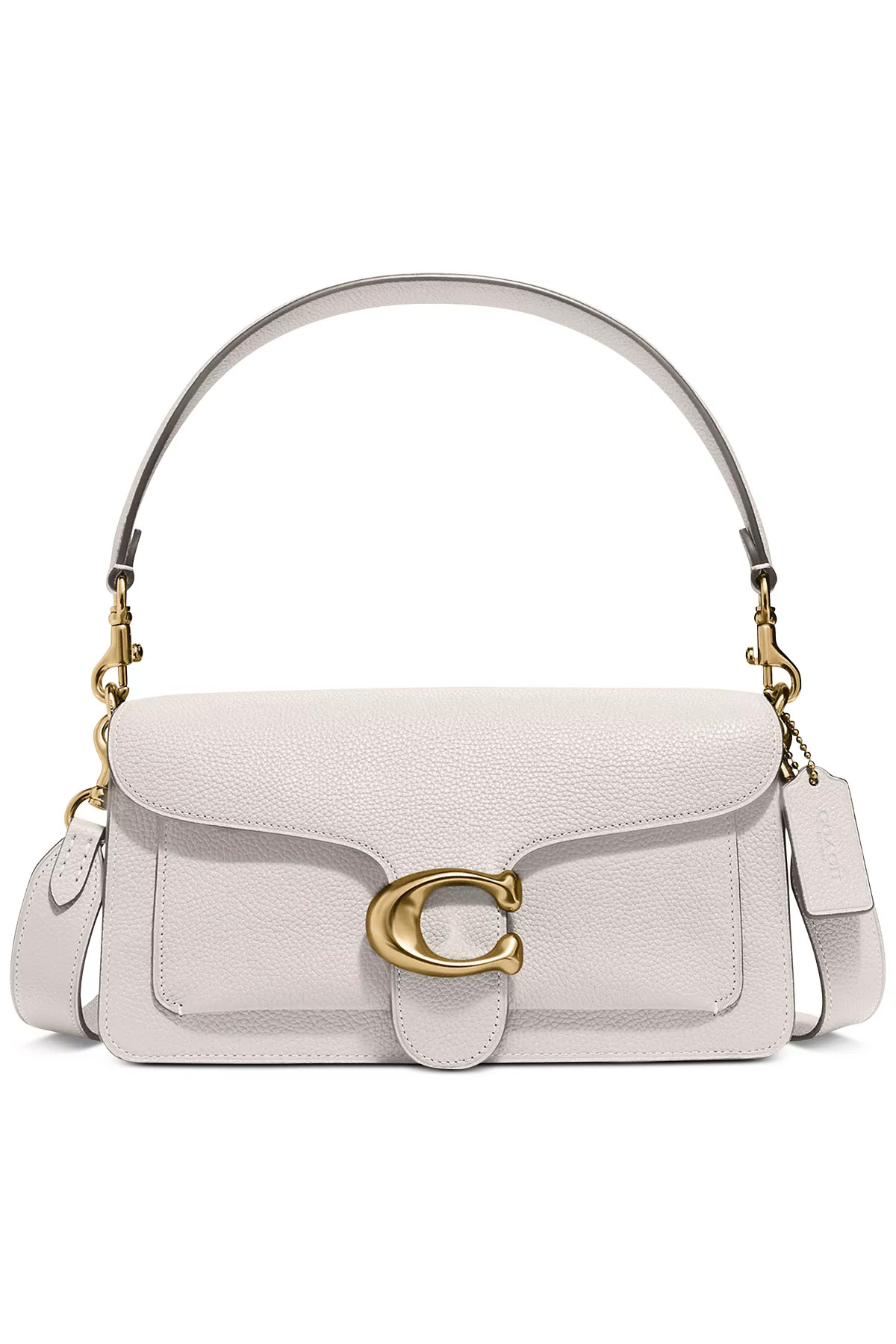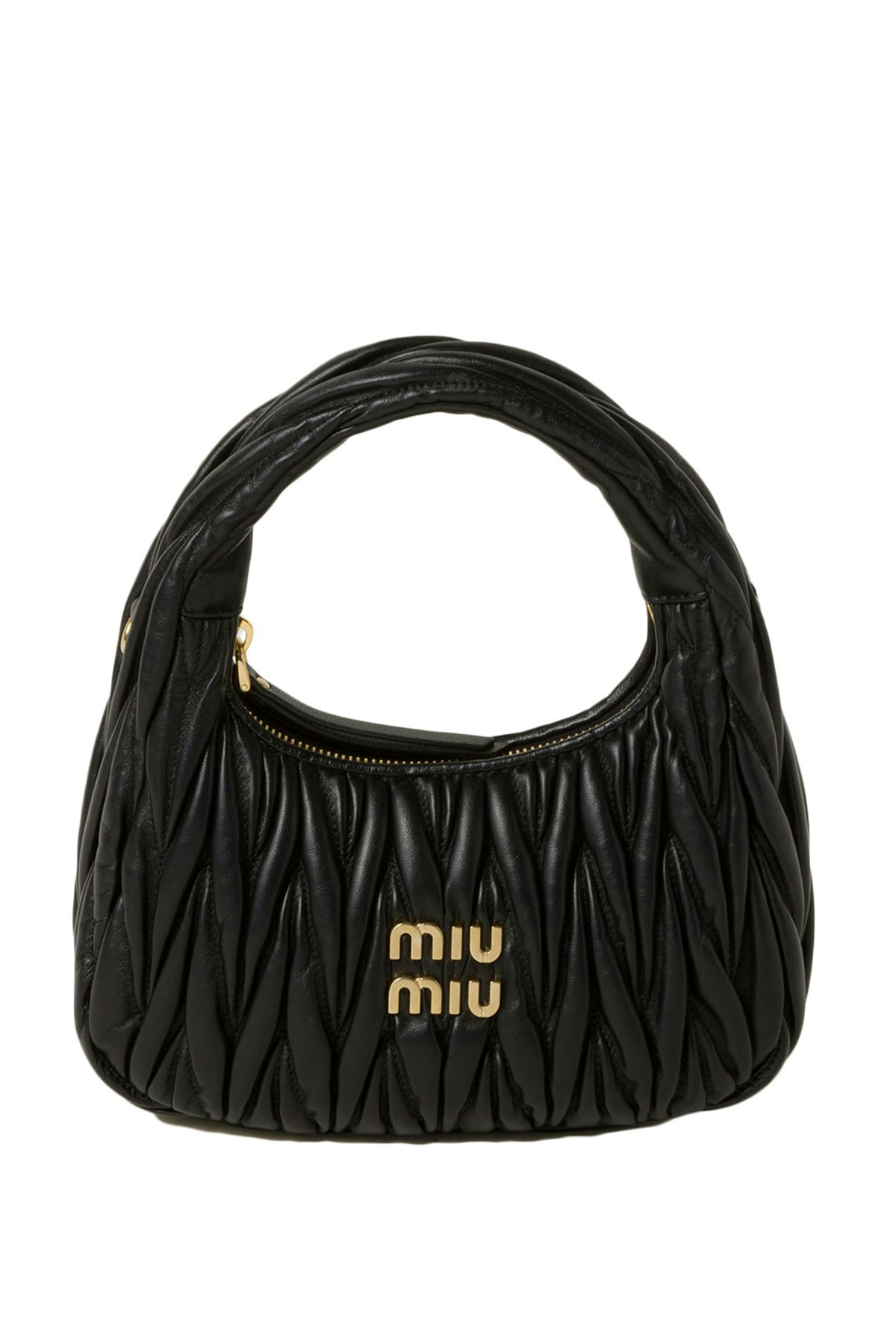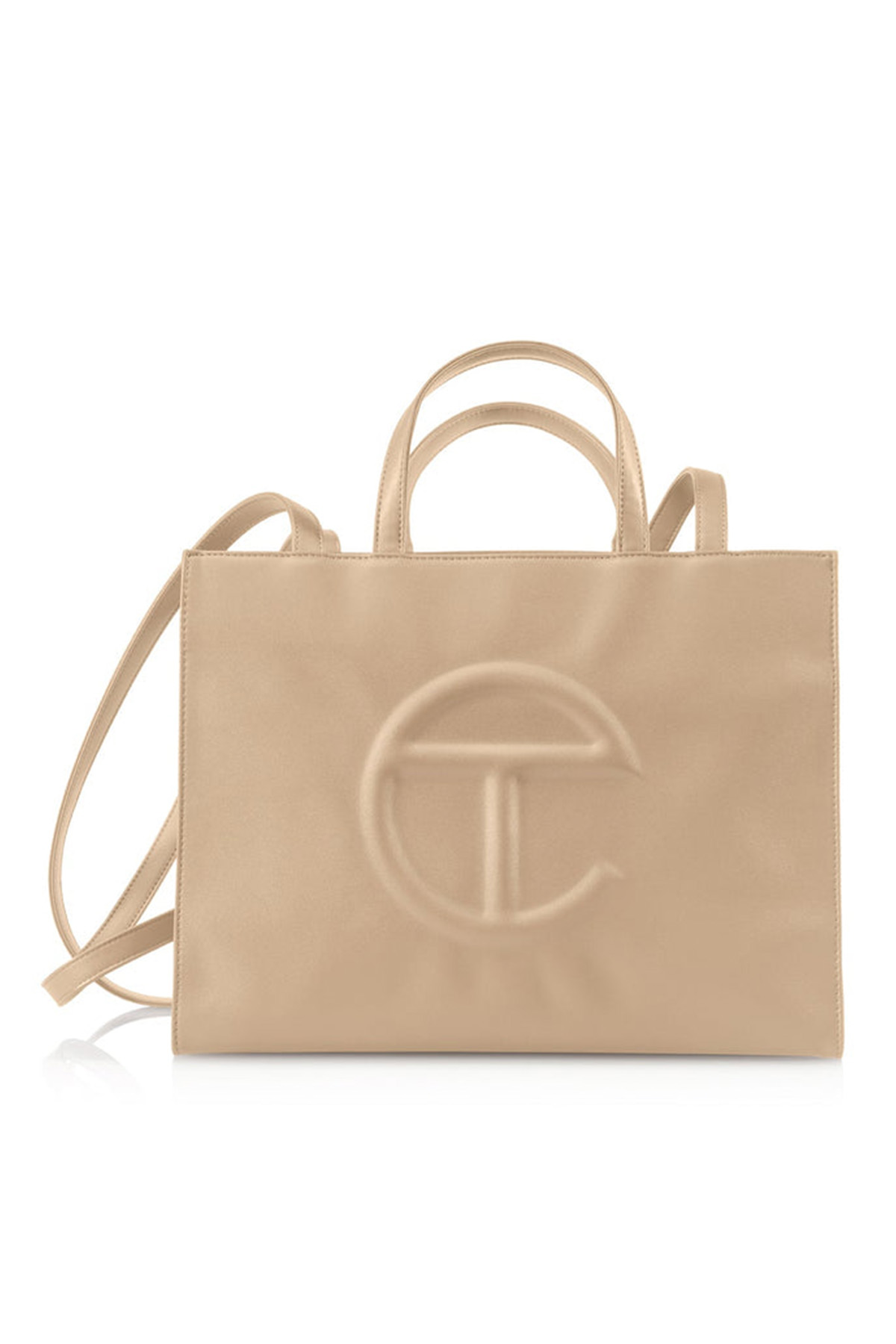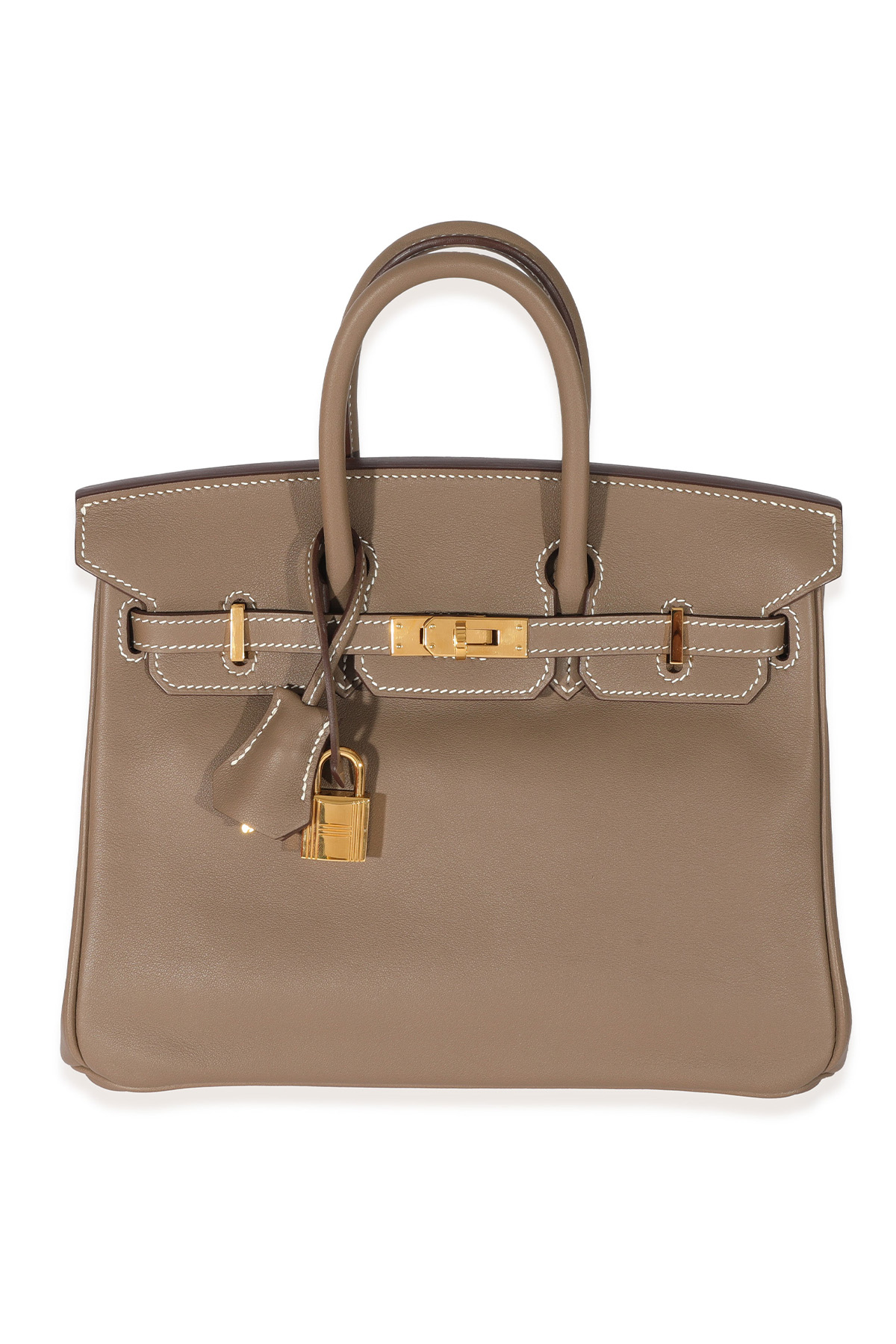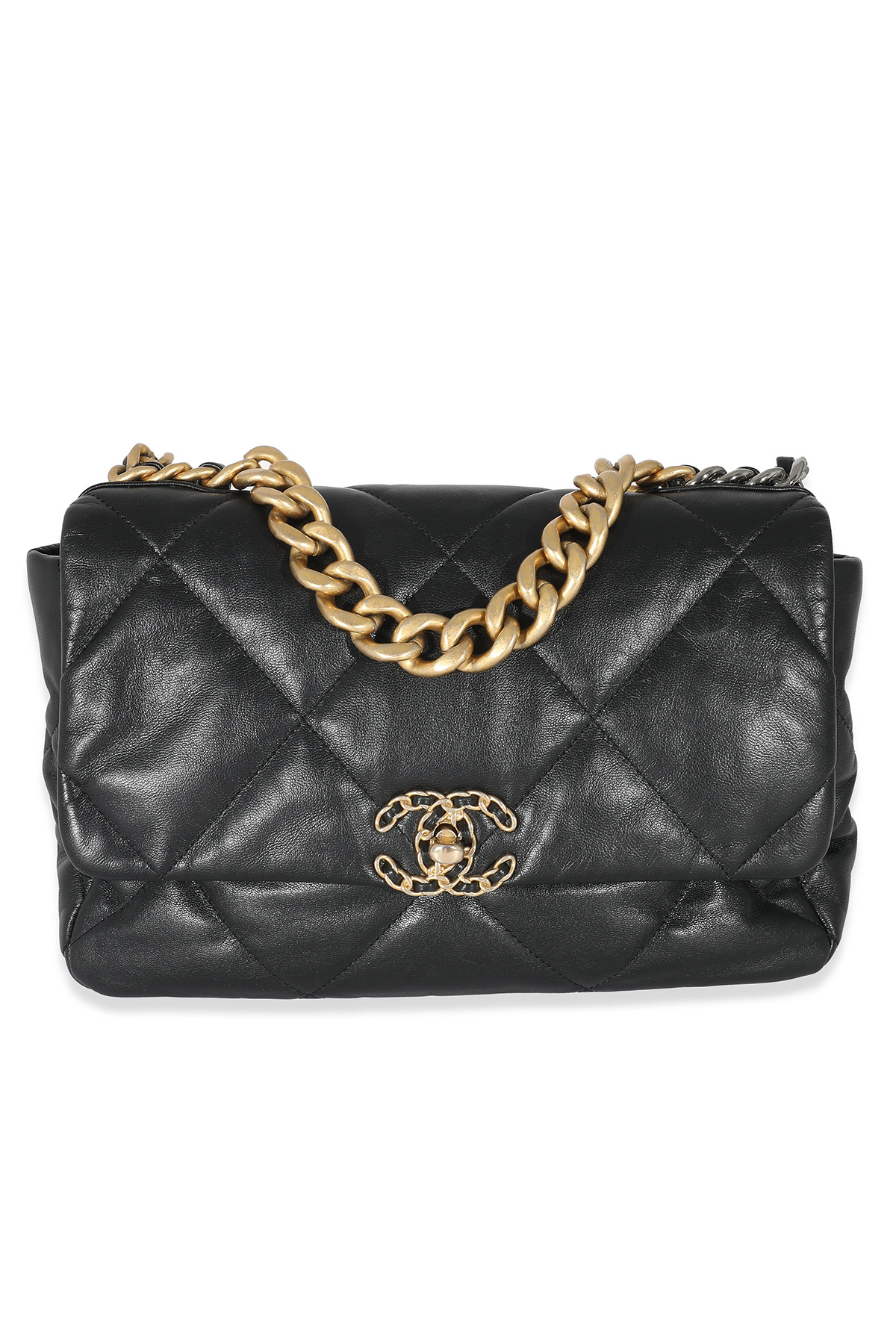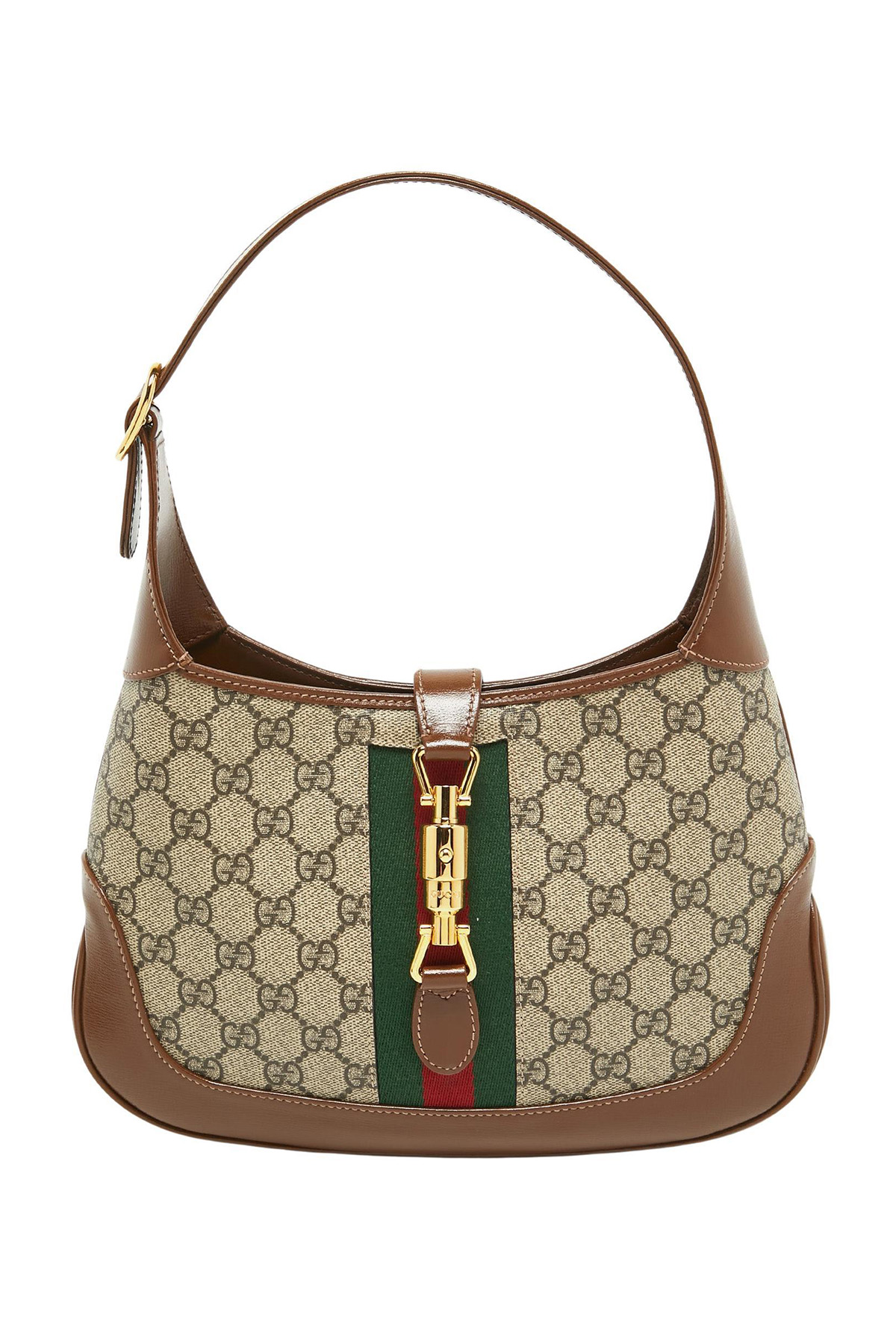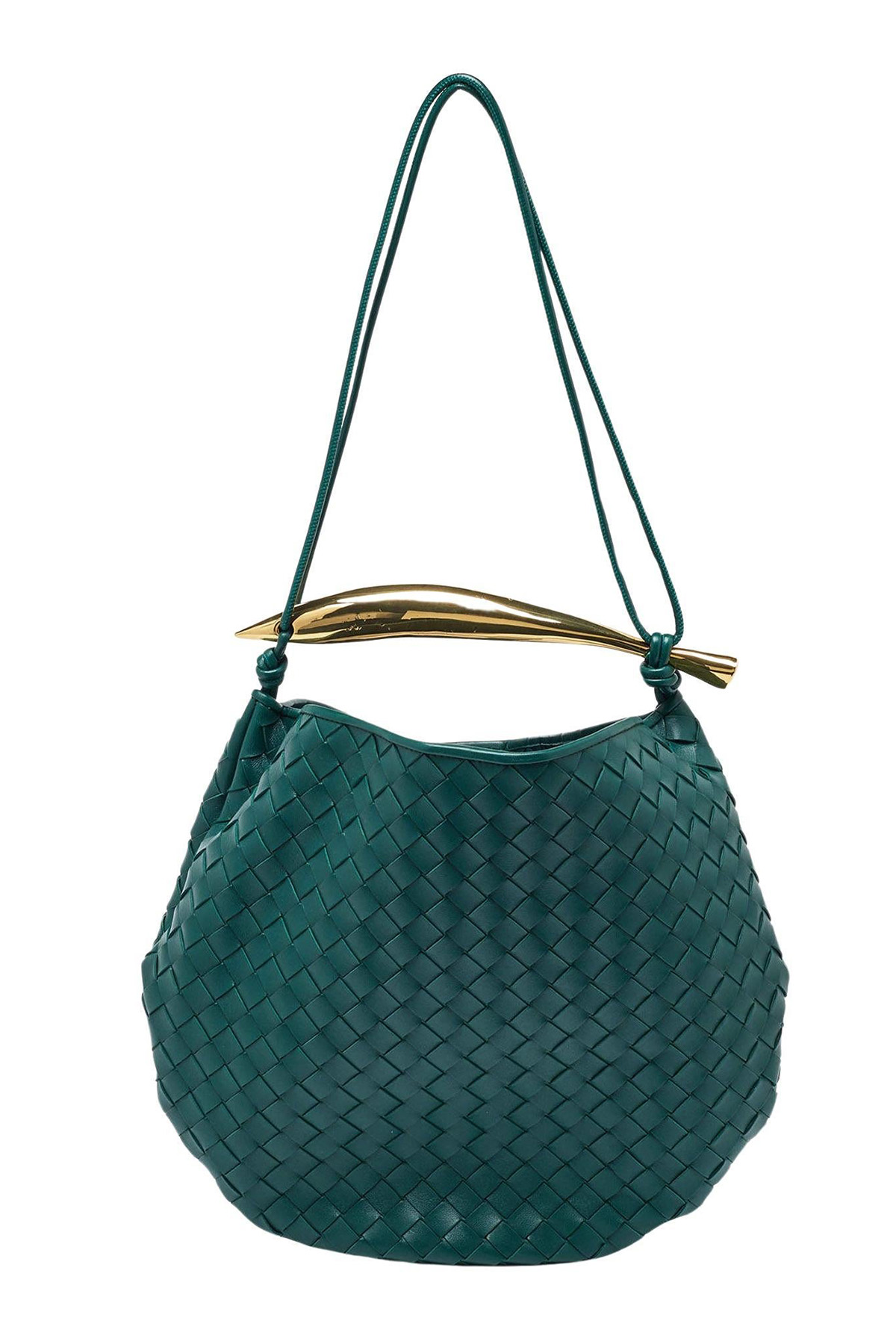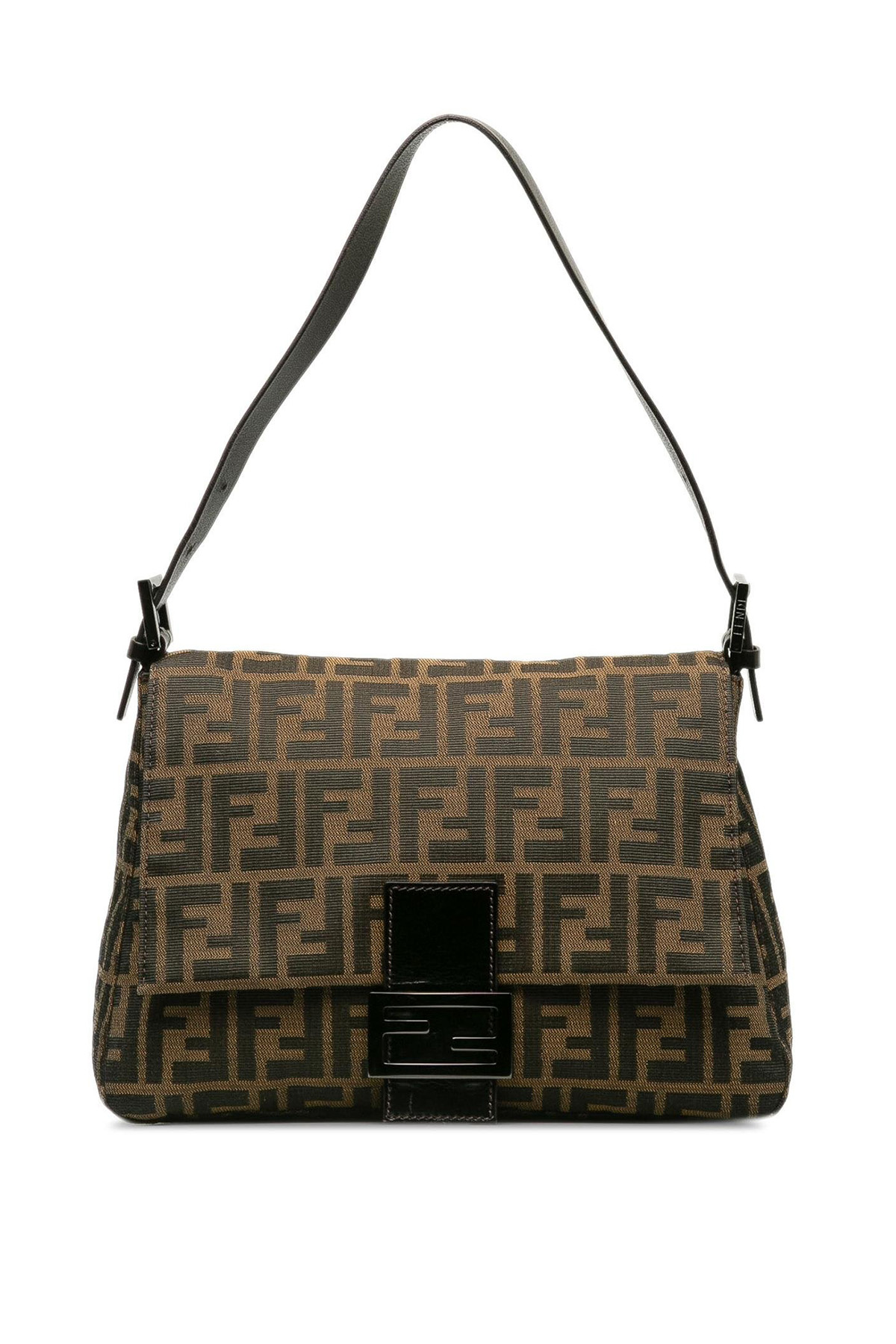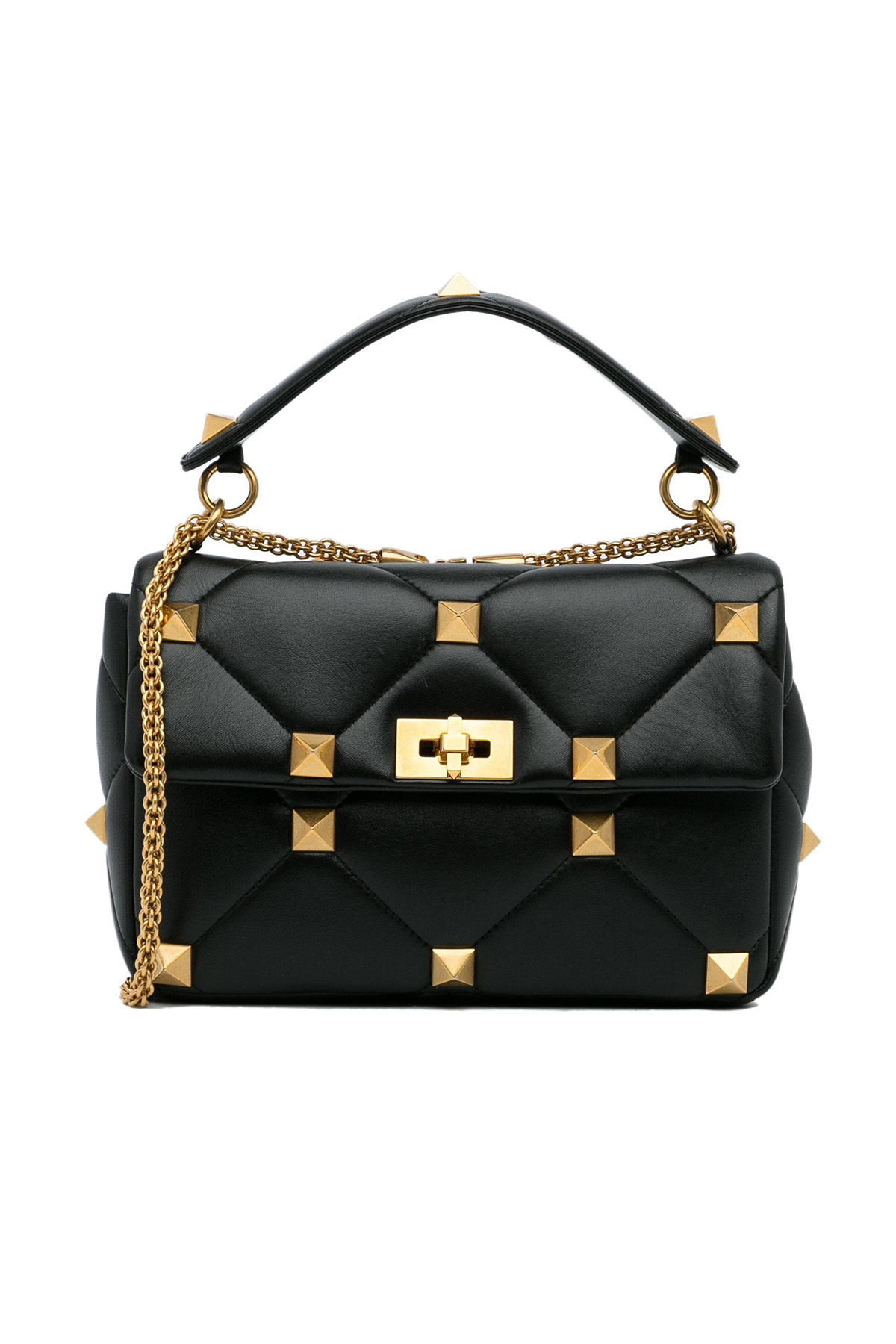I'm a Luxury-Handbag Expert—These Are The 10 Best Places to Sell Designer Bags

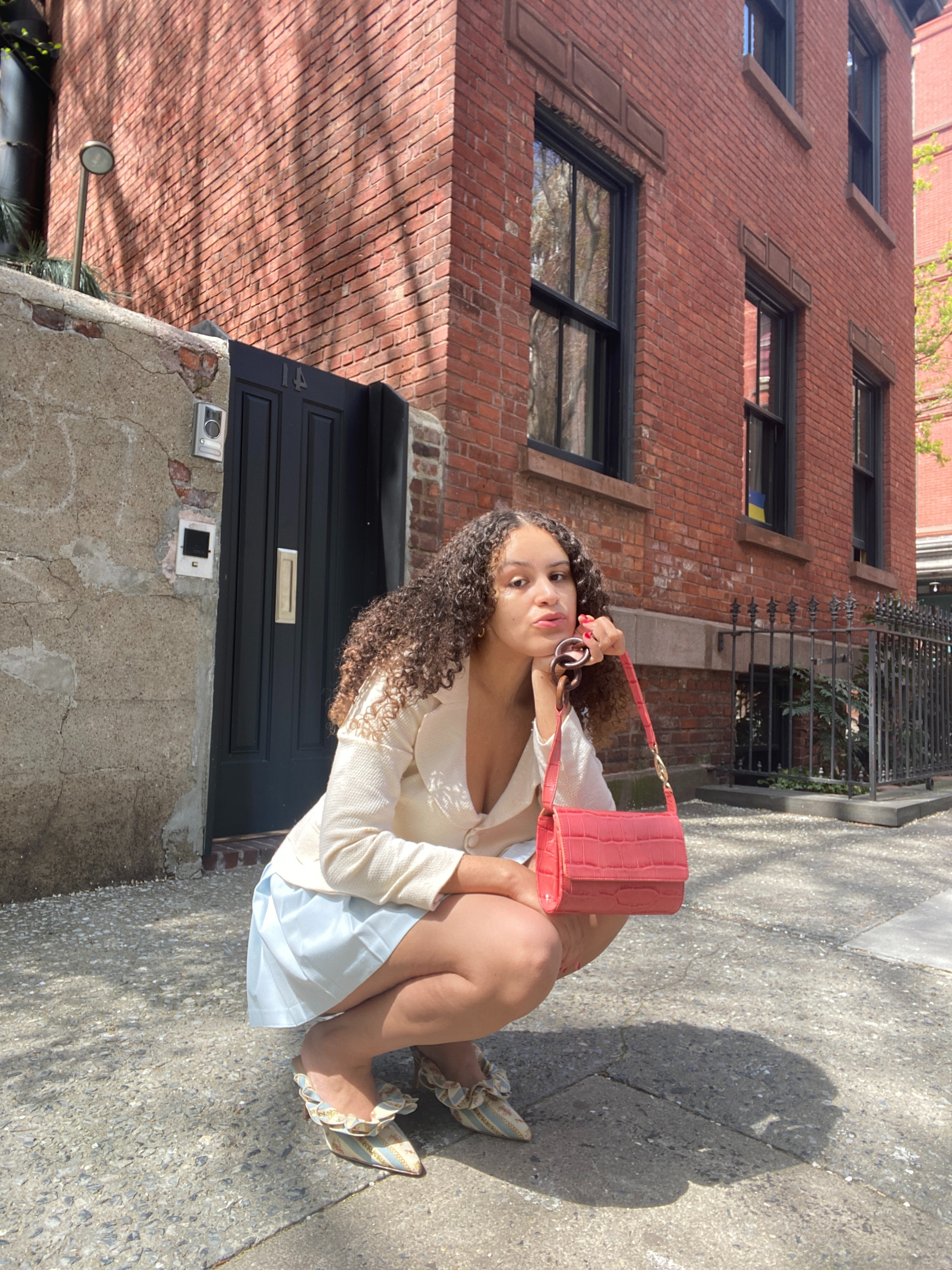
Everyone has one area of life in which they're a self-professed expert; mine just so happens to be luxury handbags. Since adolescence, I've had an unfettered obsession with collecting accessories, which has, by default, also made me a pro at navigating selling designer handbags. As much as I'd like to pretend that all my purse purchases are hits, I'll occasionally miss the mark. After all, who hasn't been susceptible to occasionally buying into a few trends? Or realize that a certain bag style no longer suits their needs? There's no shame in recognizing that it's time to part ways with a particular purse, but there are some ways that should go about doing it. In my humble opinion, the best way to deal with wanting to part ways with a designer bag is to sell it online.
Hear me out: The online luxury resell market has hit an all-time high, as ThredUp estimates that the secondhand clothing market will make $350 billion by 2028. Putting that into perspective, it means that all of the former stigmas surrounding shopping for secondhand items online have slowly disappeared, making it much easier for people to sell pre-loved items online. However, if you're still a novice at how luxury resell works, much less where to sell a designer bag online, that's okay! It's never too late to learn; luckily, I don't gatekeep knowledge. Ahead, I'm sharing the ten best places to sell designer bags online based on their reputability, functionality, and benefits to potential sellers (like you). Plus, I've had a few experts share their selling tips for each platform to ensure you can make the most possible money out of the accrued value of your item. Consider this your foolproof guide to securing the bag by selling your old handbags.
FASHIONPHILE
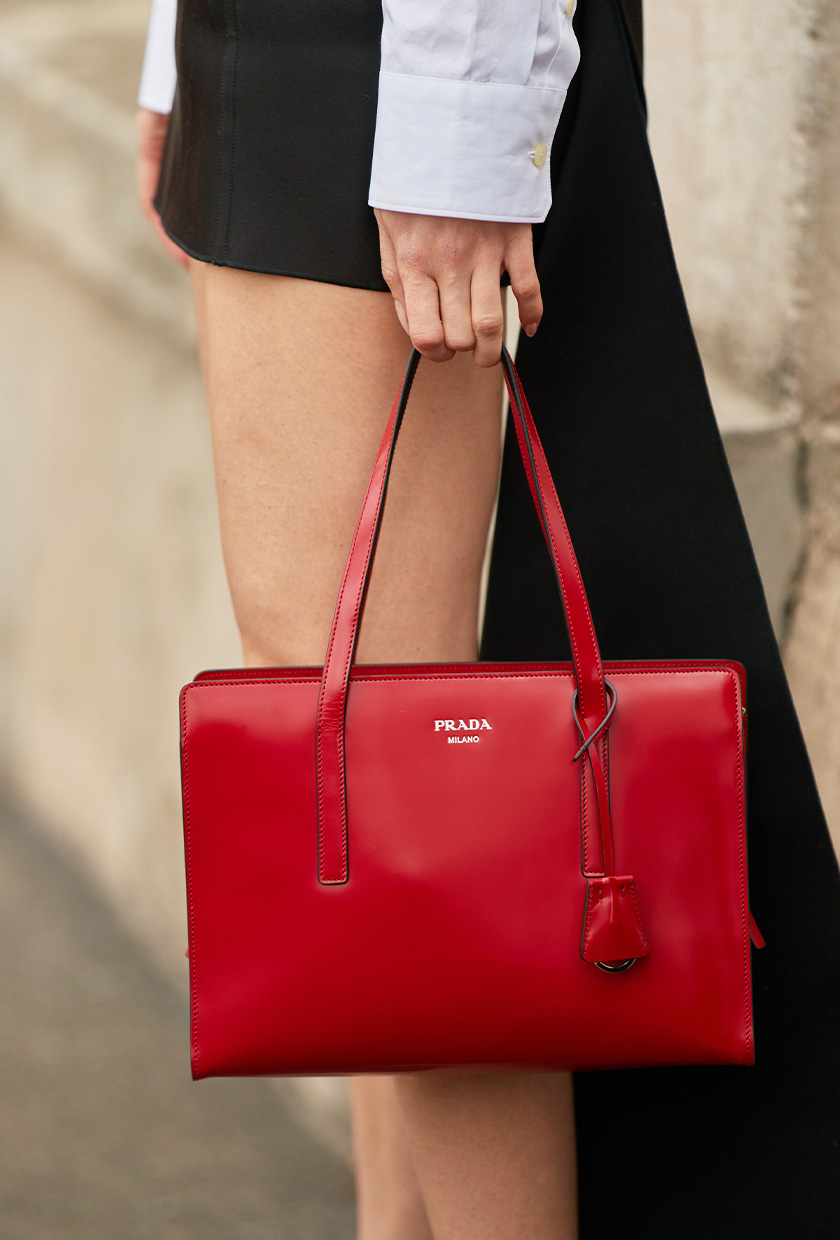
If you've never tried selling your designer handbags online before, let us assure you that it's straightforward, at least if you do so with Fashionphile. Because the brand was one of the first retailers to open in the late '90s to resell luxury accessories, it has had years to streamline its selling process and sterling reputation. With the latter, the brand's dedication to curating authenticated designer handbags has made it the place to shop (and sell, too). What's great about the selling process is that you can choose at every point what works best for your needs—e.g., you can choose if you want to get a quote for your items virtually, by mail, or in person. Additionally, you can choose if you want a direct buyout or wish to consign the item with payout methods, including store credit, direct payout, check, PayPal, and even a gift card to Neiman Marcus.
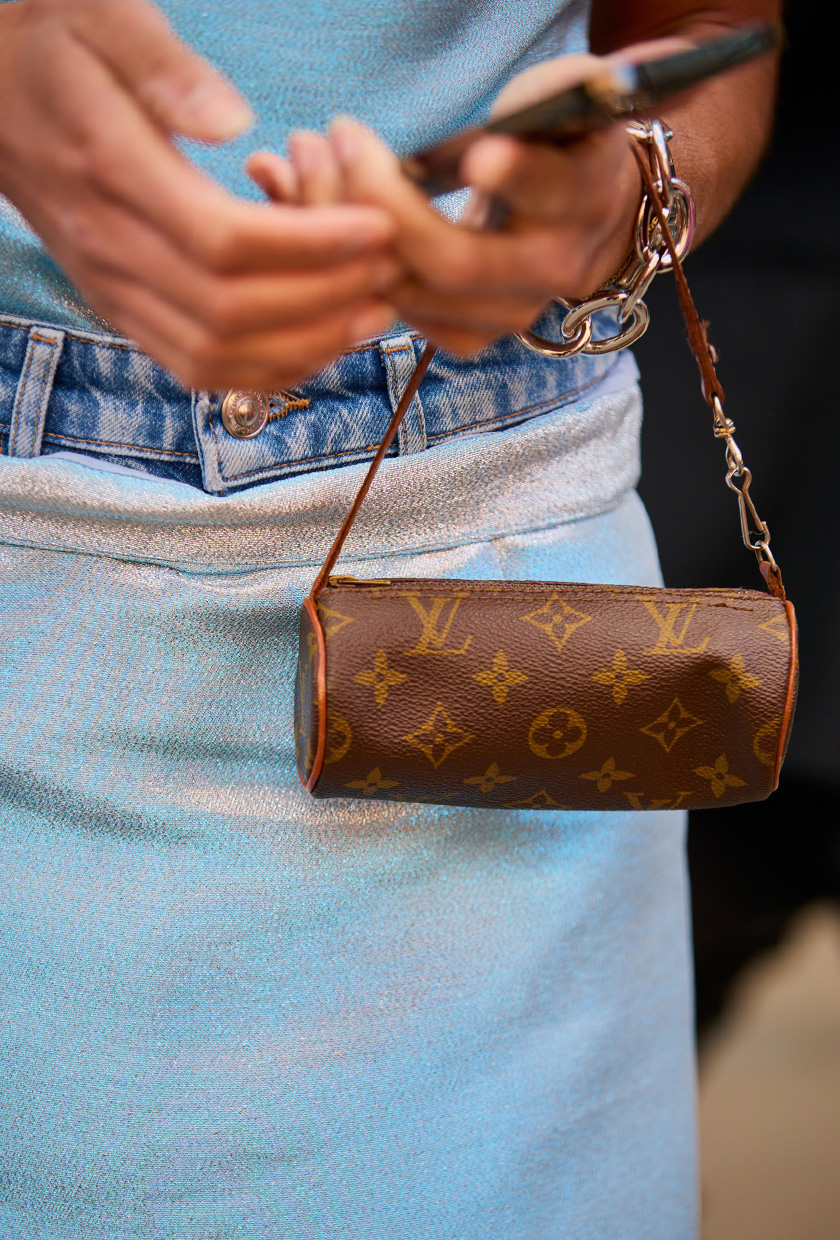
Sellers at Fashionphile can earn 70-80% of their sales, depending on the price point. However, Veronica Barberia, Fashionphile's brand marketing specialist, was kind enough to share a few tips that can help you maximize your potential earnings.
Tips for selling designer bags on Fashionphile:
- If you want a new bag but don’t want to spend too much, consider selling another style you no longer wear. Since we offer the option of using store credit as your payment method (with an extra 10% bonus), you can utilize these funds to treat yourself to something you love!
- When submitting items to sell online, take detailed photos and provide accurate descriptions of the conditions of your items to receive the best buyout offer from our platform.
- Take advantage of our Refresh program, which allows you to sell back items previously purchased from Fashionphile for a percentage of the purchase price. It's a straightforward and sustainable way to refresh your closet.
The RealReal
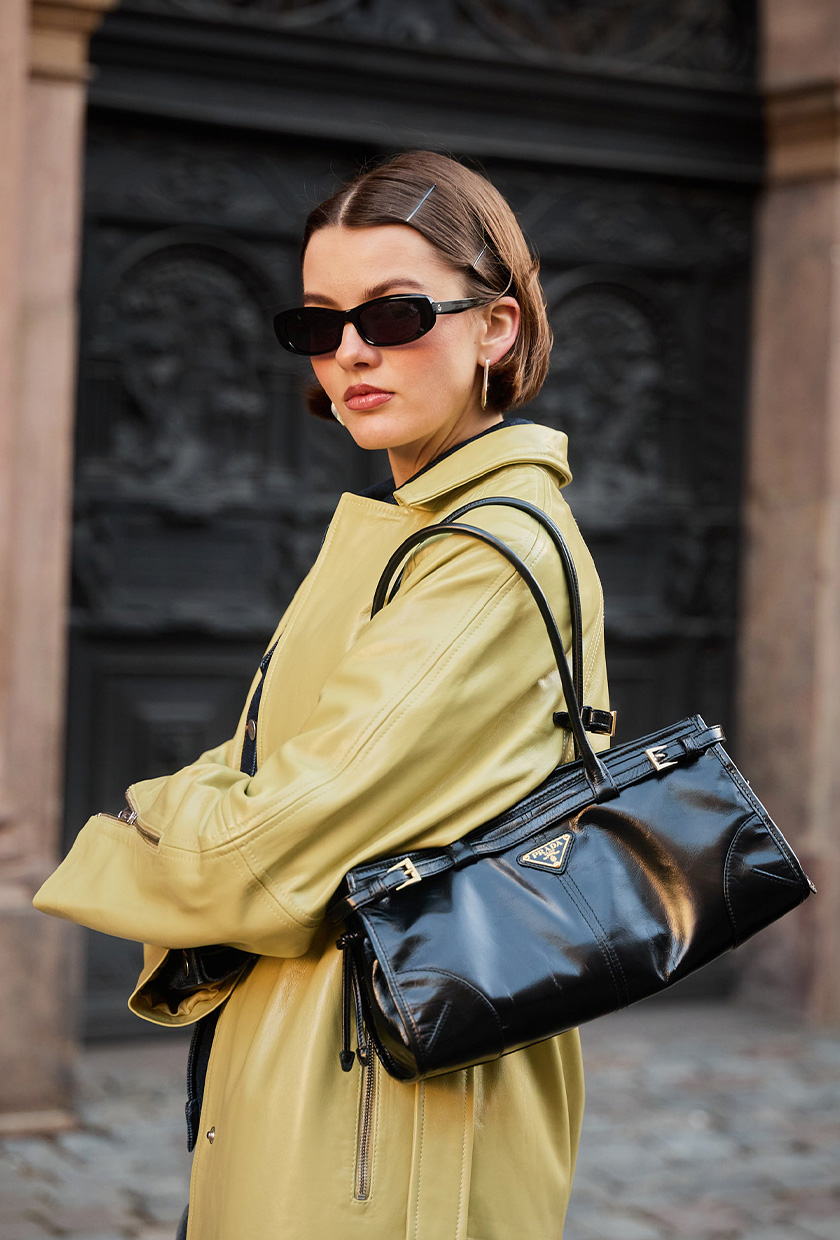
It's no secret that the fashion crowd considers The RealReal to be one of the best places to sell (and buy) secondhand designer bags. That's because the luxury reseller makes every part of the consignment process incredibly easy to navigate—from offering different ways to pick your designer goods up to handling listing the item online. Although you can't control the item's listing price compared to other resell sites, you're guaranteed to make up to 85% of the final sale, which can be directly deposited into your account, mailed by check, or used for store credit.
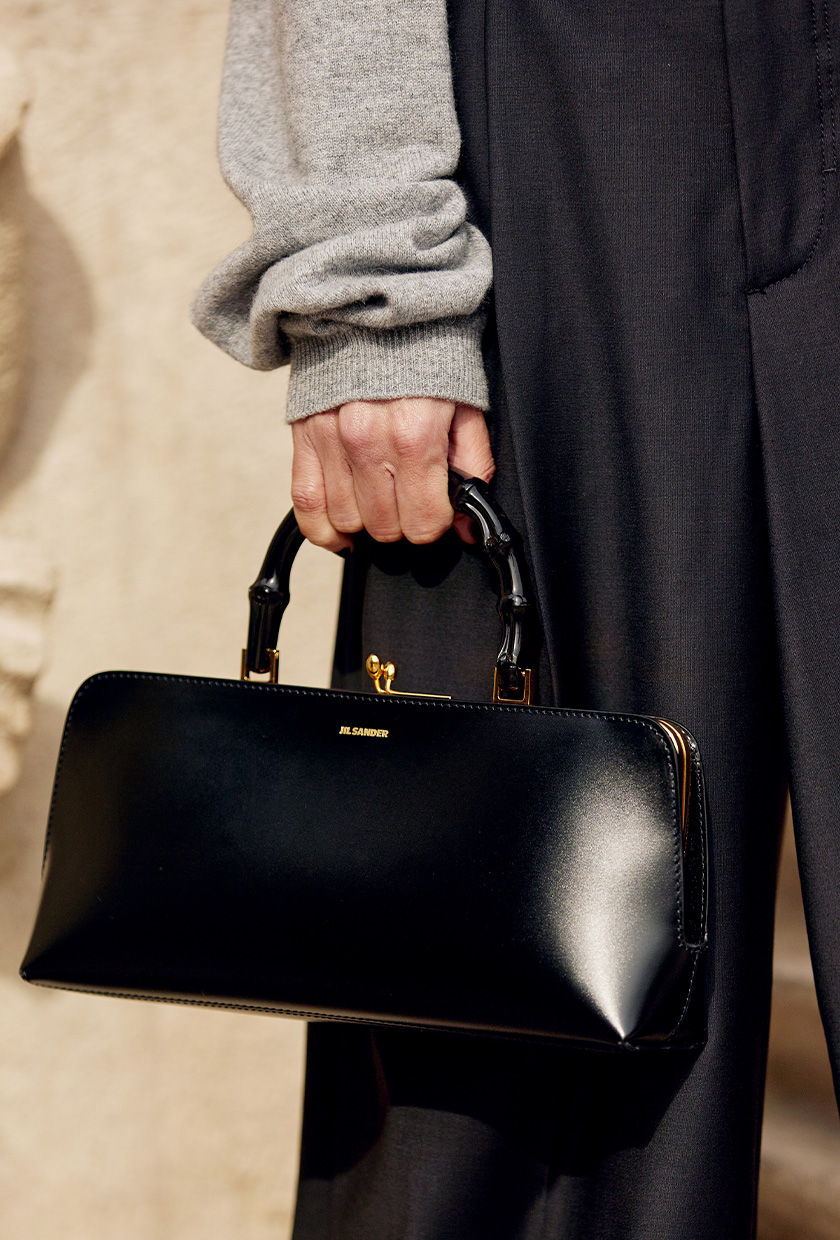
Overall, the process of selling with The RealReal is pretty effortless; nevertheless, their associate merchandising manager, Heather Klein, has shared some tips with us that will make the process even easier.
Tips for selling designer bags on The RealReal:
- Take a look at market and style trends. The more in demand a particular style or designer is, the more consumers are willing to pay. If you’re ready to part with your bag, it's better to do so while it’s trending and strike when the iron’s hot.
- Bags with designer signatures tend to have the highest resale value—whether it’s the design technique or classic signature hardware—so look for this when shopping with resale value in mind.
- It’s also helpful to do a quick search of your bag and see how saturated it is currently in the resale market. The higher the scarcity, the more consumers are willing to pay.
Vestiaire Collective
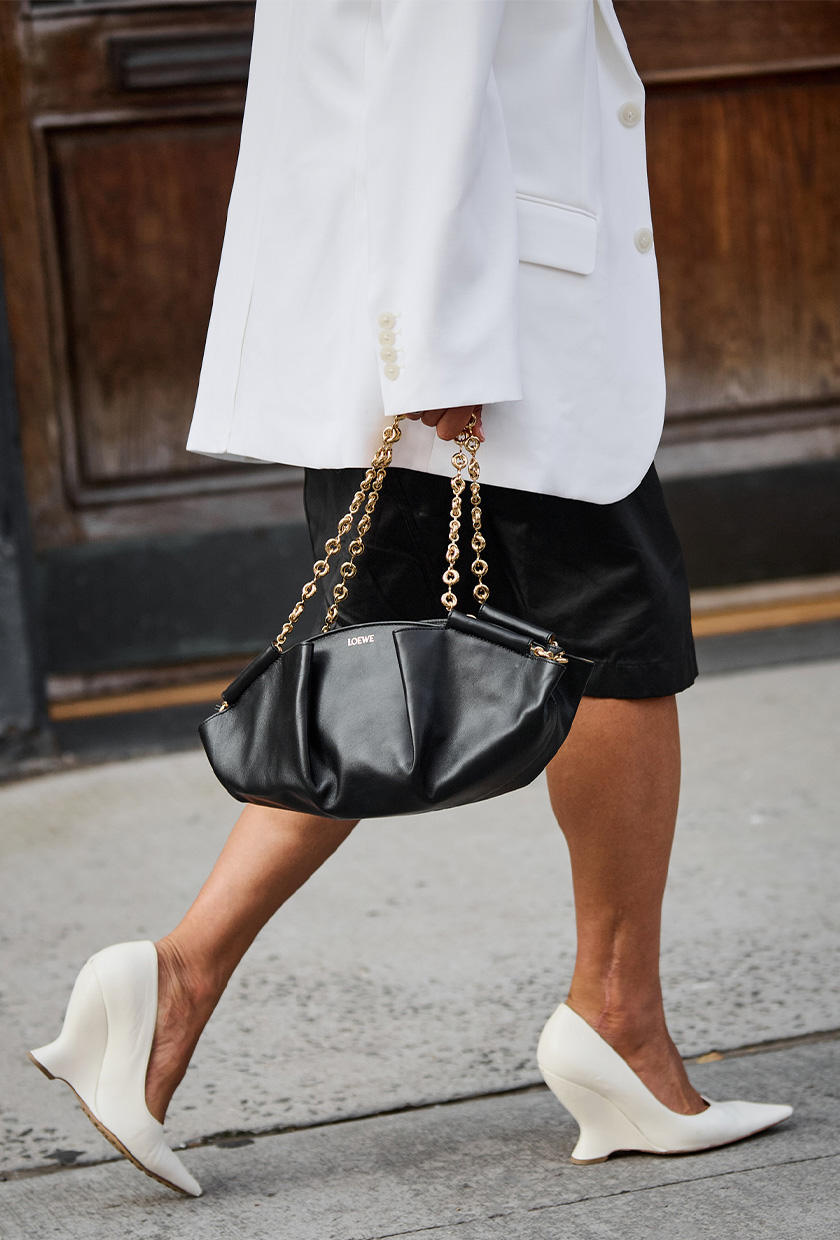
One of the best things about reselling your pre-loved luxury items online is that there’s a wider community of potential buyers, especially if you use the platform Vestiaire Collective. Based in Paris, the luxury reseller has built a global presence since 2009 because of its dedication to incorporating the best parts of the selling process into its platform. For buyers, that means having the ability to explore an extensive offering of secondhand luxury items from across the globe that are authenticated before you receive them. Similarly, for sellers, you not only have a large platform to sell your things, but the platform gives you a great deal of freedom. With Vestiaire Collective, you have control over your listing and the negotiation process because you upload your items onto the marketplace; only when you’ve accepted an offer can you ship it to them for authentication.
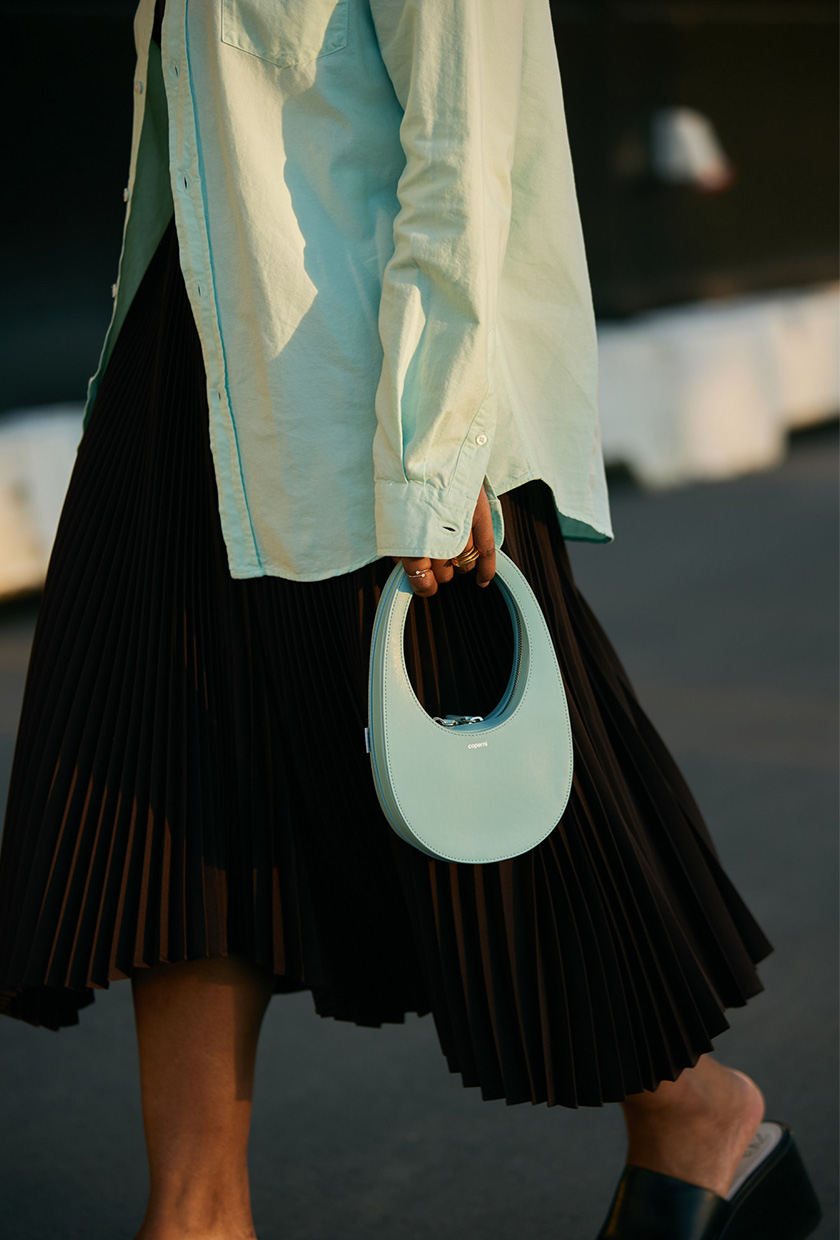
Furthermore, the platform currently offers no seller fees, so you get to keep almost the full price of your sale. You’ll only have to pay the 3% processing fee to cover the external processing costs of transactions. Basically, you can get a good chunk of cash when selling on Vestiaire Collective, but there are a few other ways to optimize your earnings. Ahead, you’ll find a few tips for selling designer purses on Vestiaire Collective from a retailer spokesperson.
Tips for selling designer bags on Vestiaire Collective:
- Consider popular brands and bag trends when selling, as it can help you maximize your success. We’ll let you in on a secret courtesy of the team: The top brands that buyers are searching for right now are Chanel, Louis Vuitton, Gucci, Prada, Dior, Celine, Balenciaga, The Row, Miu Miu, Christian Louboutin. So, if any of these are in your wardrobe, now’s the time to list and sell.
- Remember, timing is key. You want to think seasonally because most buyers want what they can wear now. We also encourage sellers to list items early in the month, as most sales happen within the first half of each month. And FYI, Sunday is our community’s favorite day to shop. Ensure your items are online at the right time so buyers can fall in love at first sight.
- Be sure to price competitively. When you list with us, you’ll get a price recommendation which we recommend following because it’s been calculated using our sales history! We also recommend enabling the “Make an Offer” option on your listing to allow buyers to send you an offer. This will help your item to sell faster!
Rebag
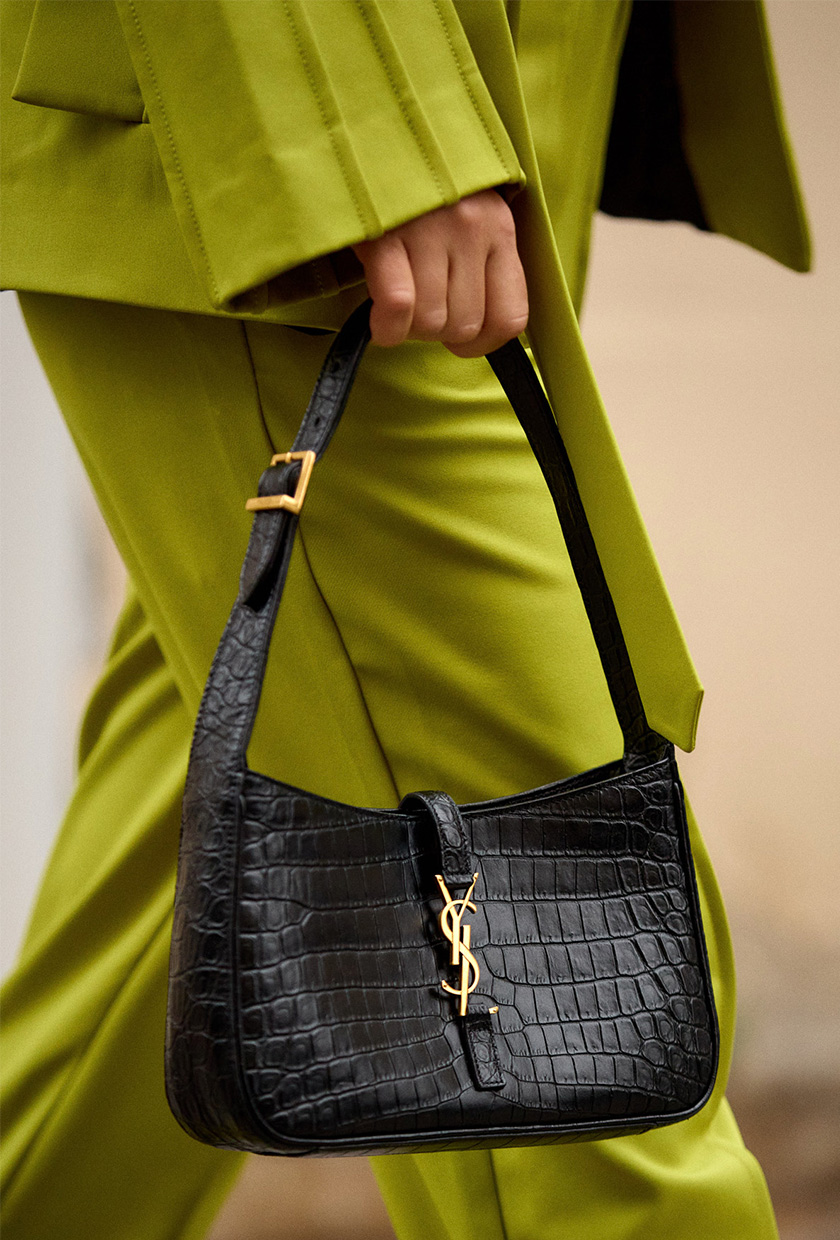
As the moniker suggests, the luxury retailer Rebag began back in 2014 with the sole purpose of reselling designer handbags. Although they’ve expanded to include other categories—including some apparel, jewelry, and footwear—on the whole, they’re known for their impeccable curation of high-end handbags. While this retailer is a bit pickier about which brands they accept if you’re trying to get the most out of a higher-value item without handling the selling process, it’s the best option. Rebag offers sellers the opportunity to easily upload images of their items to receive quotes for an outright buy, the opportunity to consign the item, or trade it for something else.
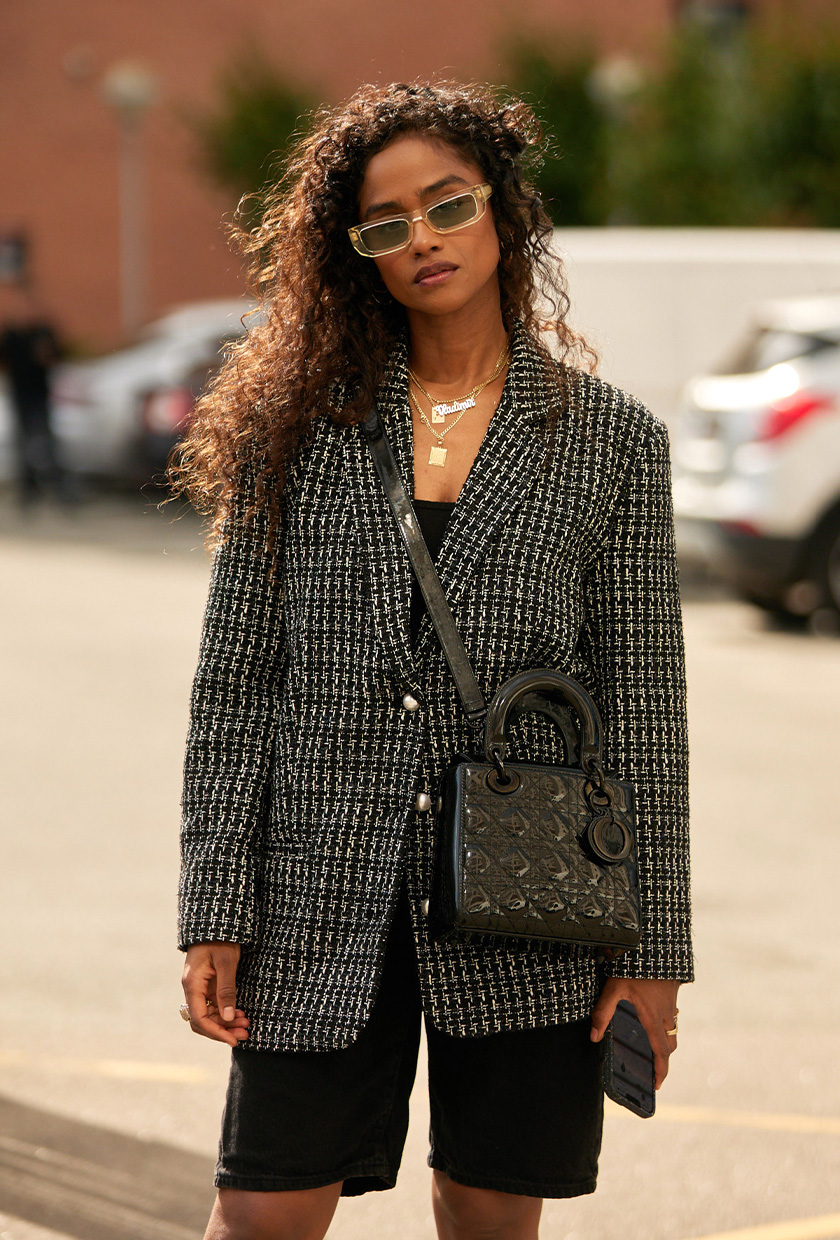
If you choose to sell your bag, you should know that the commission fees exist on a sliding scale based on the value of the item you’re selling, so your net earrings can range from 10-35% of the retail price to be paid in store credit, check, or direct deposit. Overall, the experience of listing on Rebag is quite easy, but here are a few more tips from our editorial team to keep in mind when using the platform.
Tips for selling designer bags on Rebag:
- First, check to ensure Rebag accepts the designer item you’re trying to sell before taking photos. They’re a bit more selective about which brands they resell for consignment.
- Look at your item’s condition to ensure it meets their condition guidelines. Try cleaning it before submitting it to Rebag—wiping down the leather with a soft cloth and dusting out any debris from the interior. The better the condition, the greater the potential resale value.
- Weigh your options when it comes to whether you want to do consignment, trade, or an outright buyout. Rebag offers all three, but you’ll want to decide what’s most important to you—e.g., do you want to try to make the most money? Do you want just to be paid quickly? Or do you want to be able to get something new?
eBay
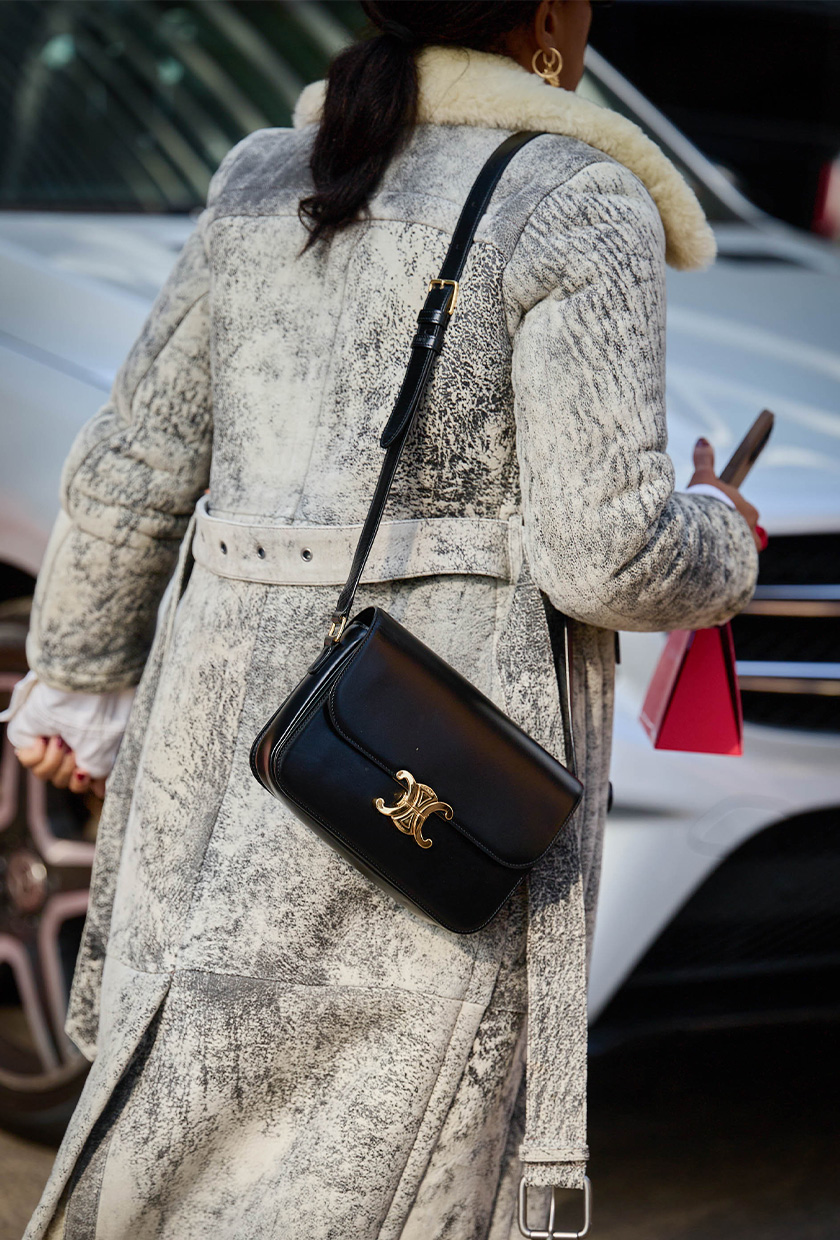
We know countless fashion people who could wax poetically about their love for eBay all day; frankly, we get the appeal. After all, the platform brought the concept of auctions for collectibles online in 1995, thereby changing the entire luxury resell market. Without the success of eBay, there would not be as many places to list second-hand goods online, although one doesn’t need that many, considering how easy it is to do so with the platform. Over the years, sellers have continued to use the platform because it provides more flexibility than other services—e.g., you can choose to list your items for auction or a fixed price, ensuring you’re in control. On top of that, eBay has far lower fees than other sites, as their commission rate ranges from 10%-15%. You also don’t have to worry about them losing your item since you’re not sending it to their facilities (however, you do have to pay for shipping costs to your buyer).

Altogether, eBay is the ideal place to sell any purses you’re looking to part ways with, as you can have ownership of every part of the process—from the listing price to the photos in the listing. But if you need some guidance on how to go about selling your items, Charis Marquez, eBay’s Global VP of Fashion, shared a few tips for selling your bag on the platform.
Tips for selling designer bags on eBay:
- Whether you’re consigning or listing yourself, it’s always smart to first understand what brands and styles are currently in demand on the secondary market. On eBay, designer brands like Balenciaga, Dior, Hermès, and The Row have seen remarkable average sales price growth over the past five years. So, if you have a Lady Dior or a Hermès Kelly sitting in your closet, now’s a great time to consider selling.
- Take listing photos that showcase your bag’s details to buyers. Items can sell faster when you include images from a variety of angles—this means close-ups of important features, such as the label with the brand’s name and areas that show imperfections, wear, and serial numbers. Images help avoid potential returns.
- If you’re a first-time seller who’s feeling intimidated by the selling process, consider using our consignment service. It will give you access to an expert seller who will handle all of the details—from photography to pricing to listing description.
Depop
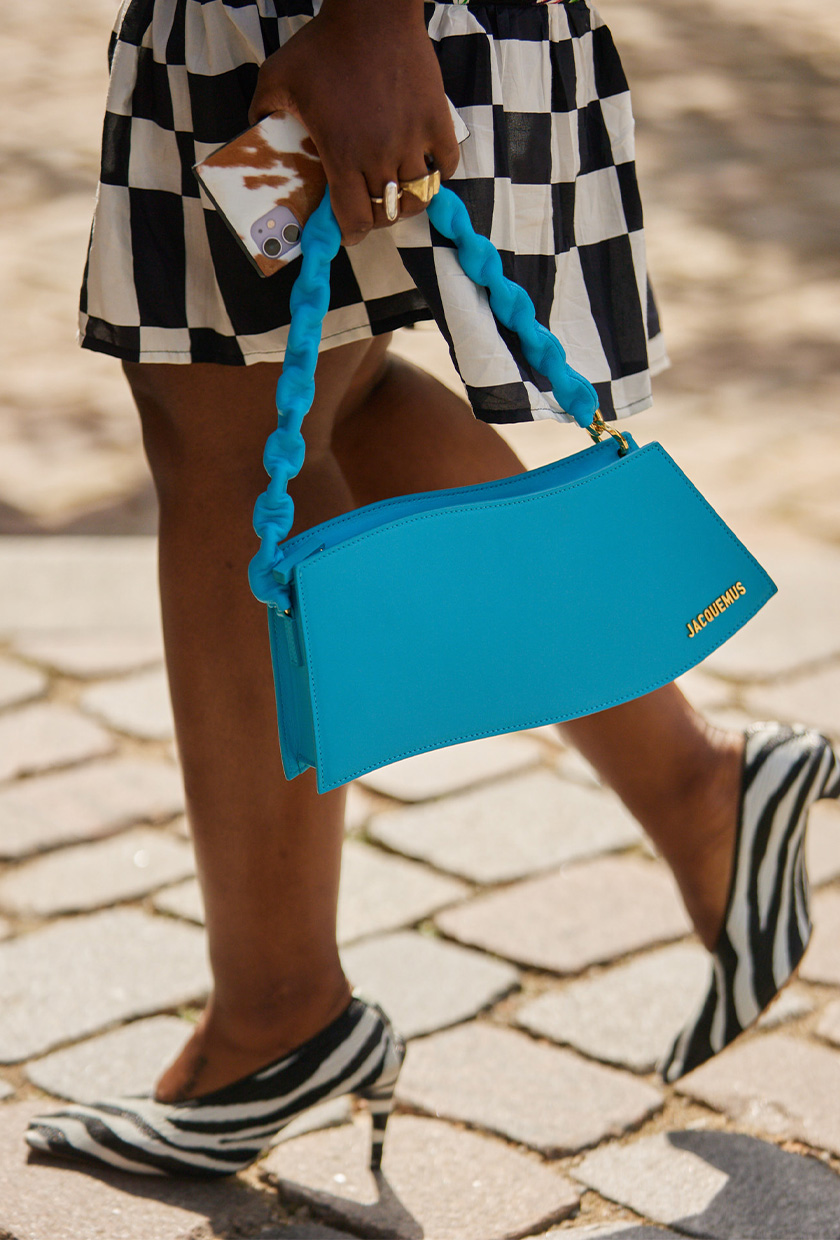
Let’s be honest for a second: some sites only accept specific name brands or items, making it harder for sellers to part ways with old styles. Luckily, Depop has been solving that issue since its founding in 2011. Unlike other secondhand sites that limit what can be resold, Depop allows sellers to list accessories and apparel from any brand, making it a truly inclusive and sustainable marketplace. On top of that, the platform allows sellers to list items on their terms, meaning you get to control everything from the pictures on the listing to the price to the negotiation process to the shipping. Also, because you’re handling the selling process, you don’t have to pay high overhead selling fees because Depop isn’t holding your inventory until it’s sold; you are until you mail it to your buyer.
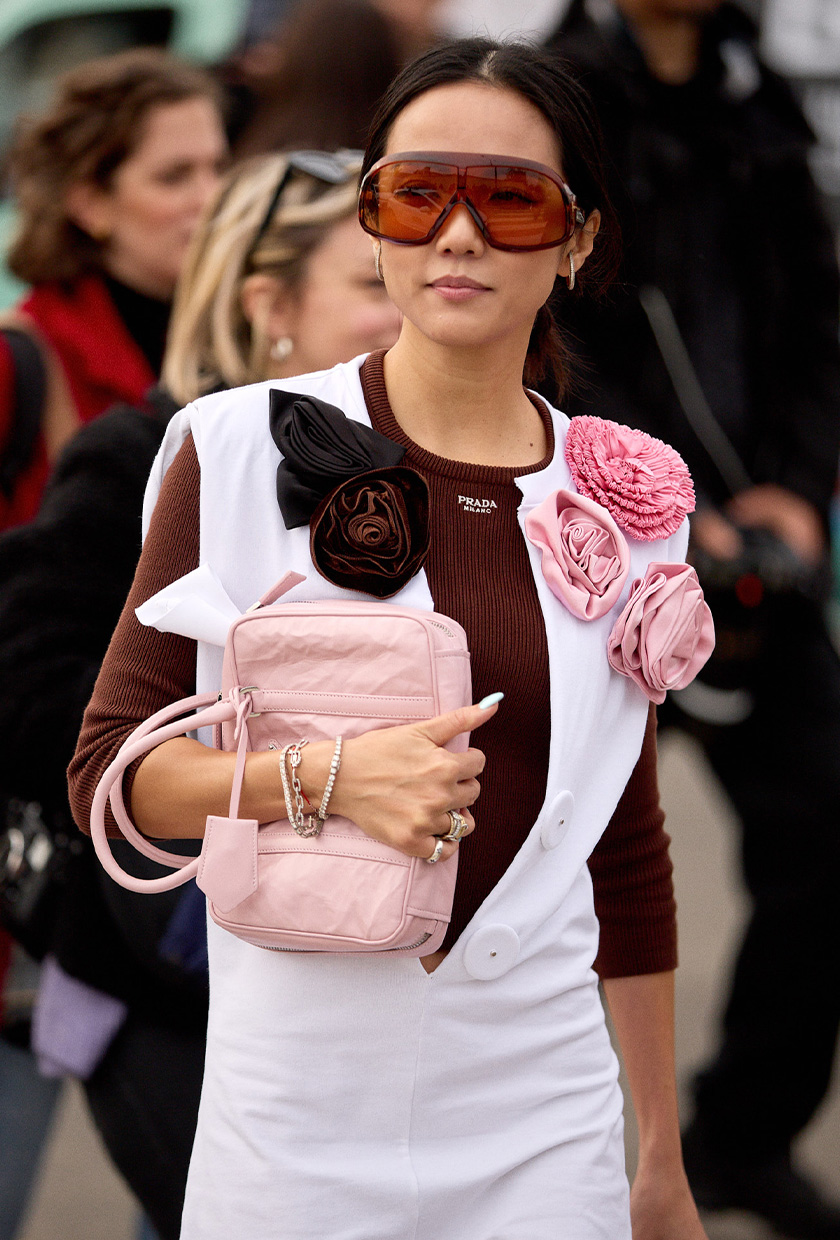
This model ensures that you can maximize what you make from your bag, especially considering that Depop only takes 10% of the final sale. However, there are a few other ways to ensure that you get the most out of the process, including following the tips below shared by a Depop representative.
Tips for selling designer bags on Depop:
- When it comes to selling on Depop, the visual components of listings are especially important for designer items. Consider creating videos for your listings (not just photos) to provide deeper engagement for potential buyers and further bring your item to life. For photos, be sure to capture content in natural lighting on a clean, solid background that is clear and focused. Doing so will increase the odds of getting the most out of your listing.
- Product descriptions are equally important when selling designer items. Always provide as much detail as possible for your listing, starting with the headline. If it’s a highly coveted brand or rare item, writing a strong headline with specific details on the item, including color, brand, and style, will maximize the item’s discoverability. Asking yourself if there are any unique features about the designer piece will also help make a listing extra compelling, as all of these description facets come together to create a great, primed-to-sell listing.
- Consider opting into Depop’s Boosted Listings, and RePop features to increase visibility in searches! Boosted Listings are marked with a boosted icon on the search pages so they stand out alongside organic search results. The RePop tool, which allows sellers to quickly re-list items purchased on Depop by auto-populating descriptions and attributes from previous listings, makes it especially easy for Depop’s community to drive circularity.
StockX
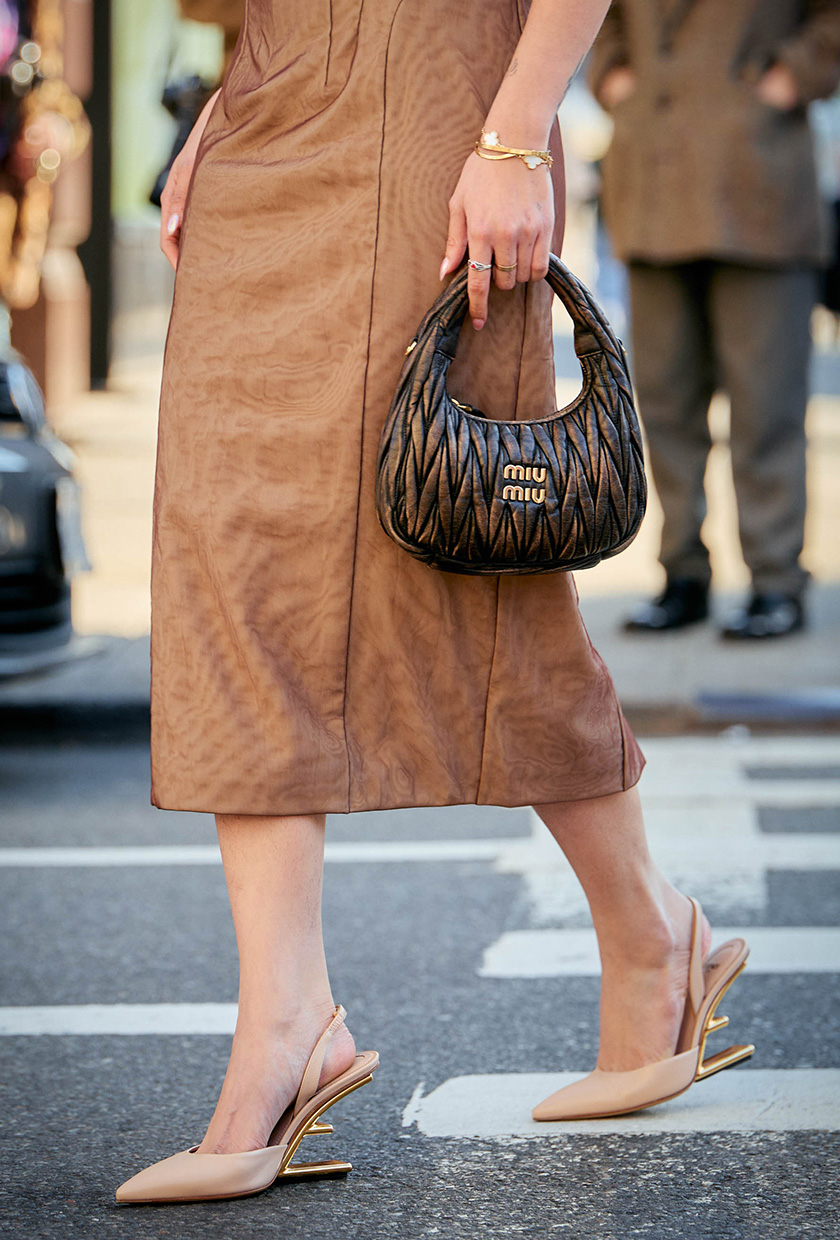
One of the pitfalls of selling anything online is that if you’re unaware of the value of your item, you can lose out on money. Thankfully, there’s one platform that incorporates knowledge around the supply and demand for specific accessories into its marketplace: StockX. Founded in 2015, the platform is meant to operate like the stock market, so sellers will see their listed items fluctuate based on current trends. That model has made it extremely popular, especially among sneakerheads who turn to the platform for the hottest kicks. However, it’s worth noting that the platform has its fair share of buzzy bags, too, making it a great contender for where to sell your pre-loved luxury items.
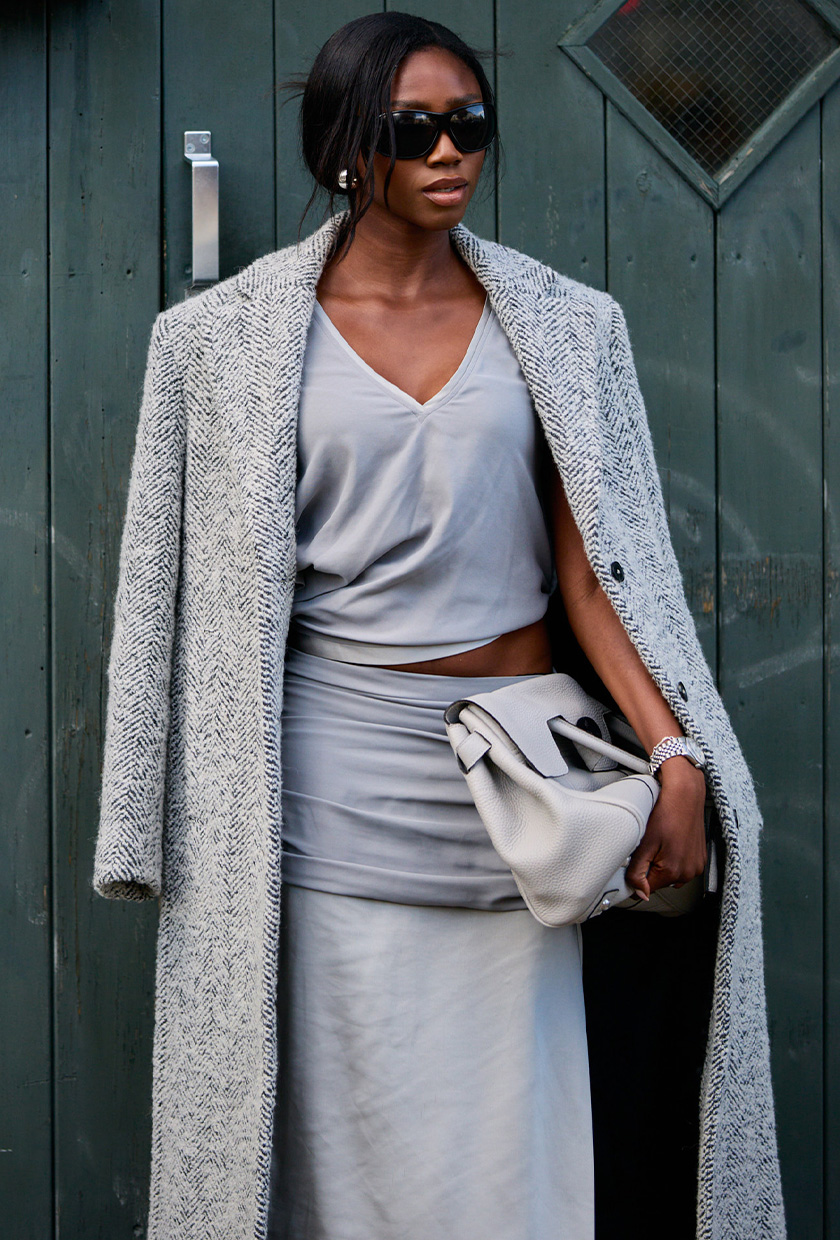
Listing on the platform is relatively easy as you don’t have to ship the item to their warehouse until it’s sold. While they do show fluctuating prices, you ultimately control what you sell your item for in the end. Additionally, StockX only takes a 7-9% selling fee out of your gross sale and pays it out daily to either Paypal, Venmo, or your bank account. In conclusion, it’s a pretty straightforward process to sell through the retailer, although there are a few tips from our editors that can make it even easier.
Tips for selling designer bags on StockX:
- Embrace the idea that your items are “investment pieces” by researching before listing them to see their accrued value. While StockX provides data on what’s trending, it’s also worth knowing what your items are worth to set a fair price.
- Monitor other listings to ensure you’re offering the best possible value to shoppers. Doing so will make your piece sell faster.
- Familiarize yourself with StockX’s shipping policies. The retailer requires you to ship the item within two days of selling it.
MyGemma
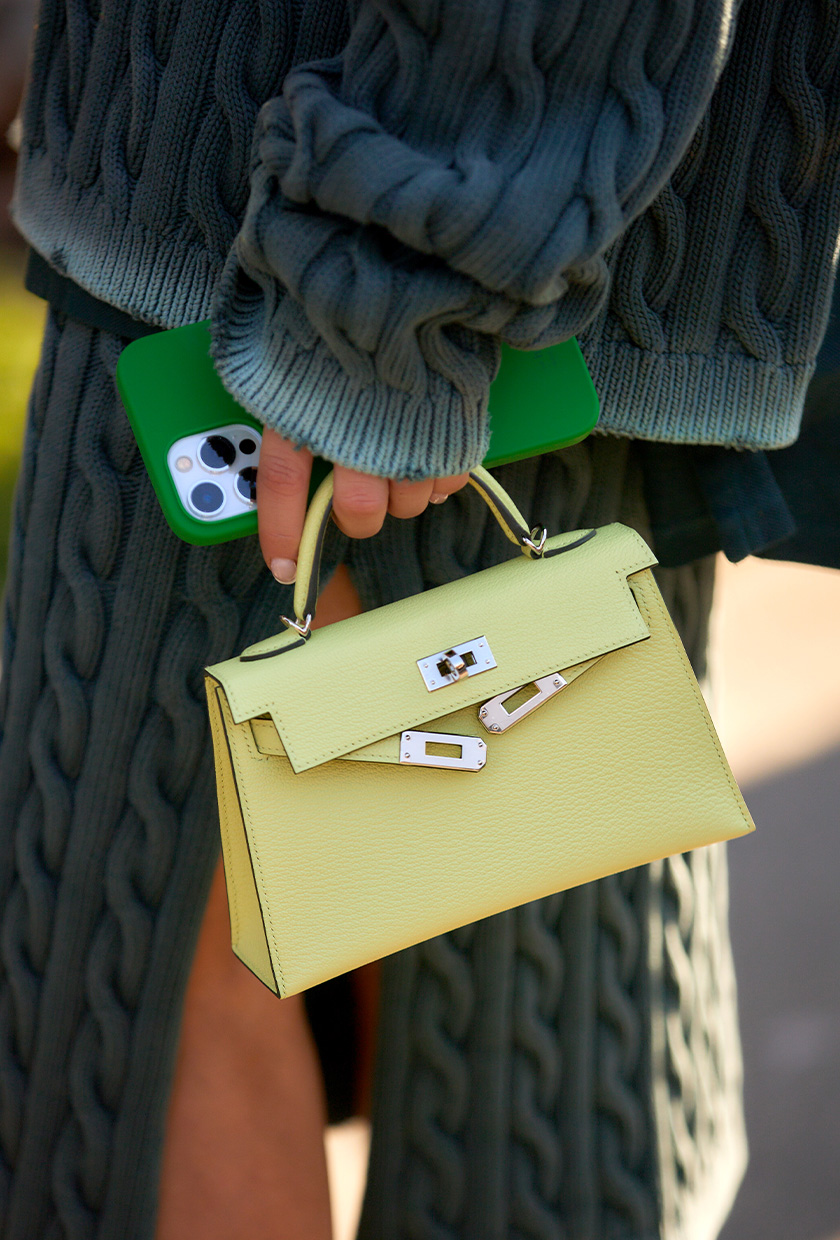
As much as we all might love listing our items from start to finish, it's incredibly time-consuming if we're being realistic. Sometimes, we want to be able to sell our luxury items sans hassle—enter MyGemma into the chat. Founded by Andrew Brown in 2018, they set out to make reselling luxury jewelry less cumbersome and time-consuming. While they began focusing on diamonds and timepieces, they now also buy high-end handbags (e.g., Chanel, Hermés, Louis Vuitton). Although they're a bit more particular about the pieces they carry, they have made parting ways with your designer purses painless. One way they've done that is by directly buying items without fees or commissions deducted from your final offer. All you have to do is fill out a form, accept their initial offer, and then they cover the shipping, which is fully insured, and won't keep the item unless you agree to the final offer.
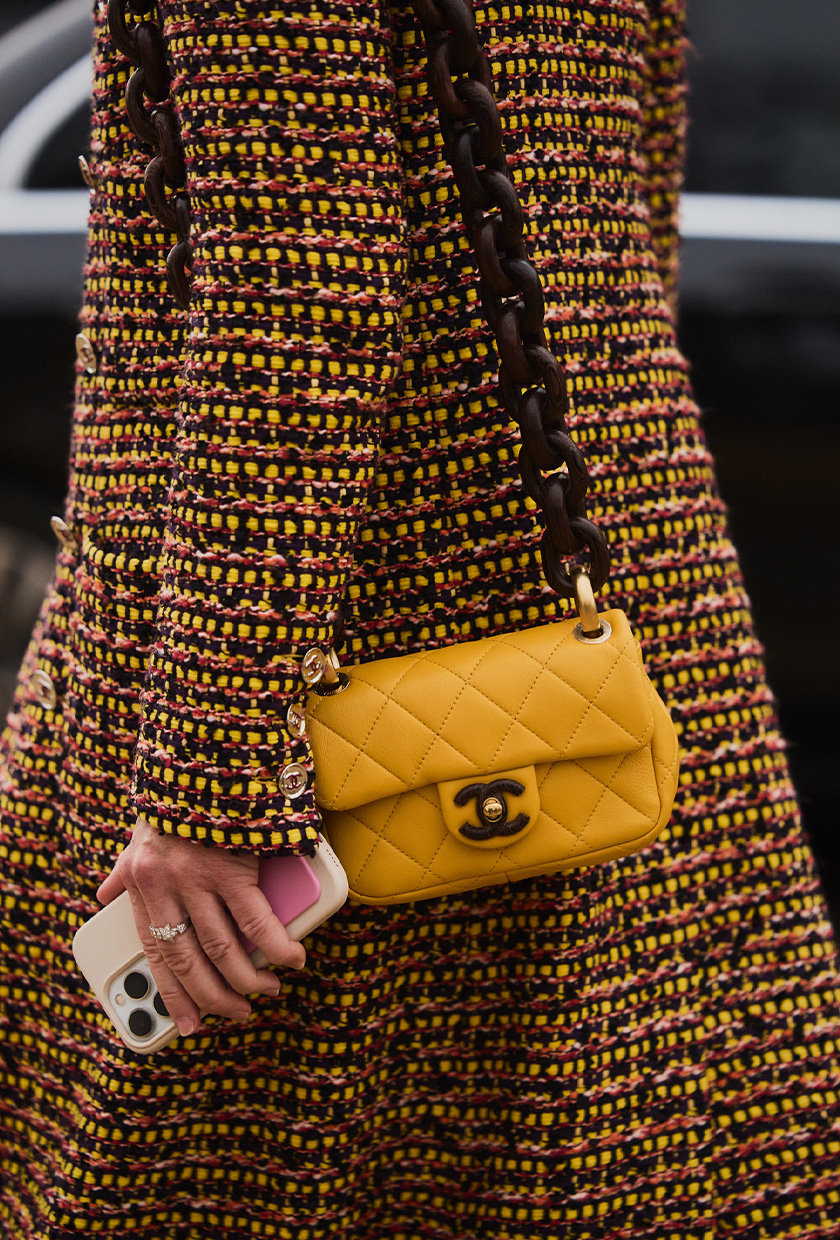
Long story short, MyGemma makes navigating the luxury resell market feel like the lap of luxury for sellers (and buyers). But should you still be curious about how to make the experience effortless, myGemma’s CEO, Andrew Brown, shared some tips on how to sell your designer items online.
Tips for selling designer bags on MyGemma:
- Before deciding where to sell your bag online, do your research on the companies you are considering selling with. I recommend asking yourself the following questions: Do they have great reviews? Do you feel comfortable working with them? Do they insure the bag during shipping? And do they cover shipping costs?
- Don’t underestimate the importance of photos! Get good photos of the inside and outside of the bag, the corners, any noticeable condition issues, the data code or serial number, any authenticity card or receipt, and details of any accessories that come with the bag (e.g., rain jacket, lock, straps, etc.)
- Read the retailer’s terms and conditions! You’ll be surprised by how many consignment models take a bit longer to pay you for your pieces (even if they’re online).
1stDibs
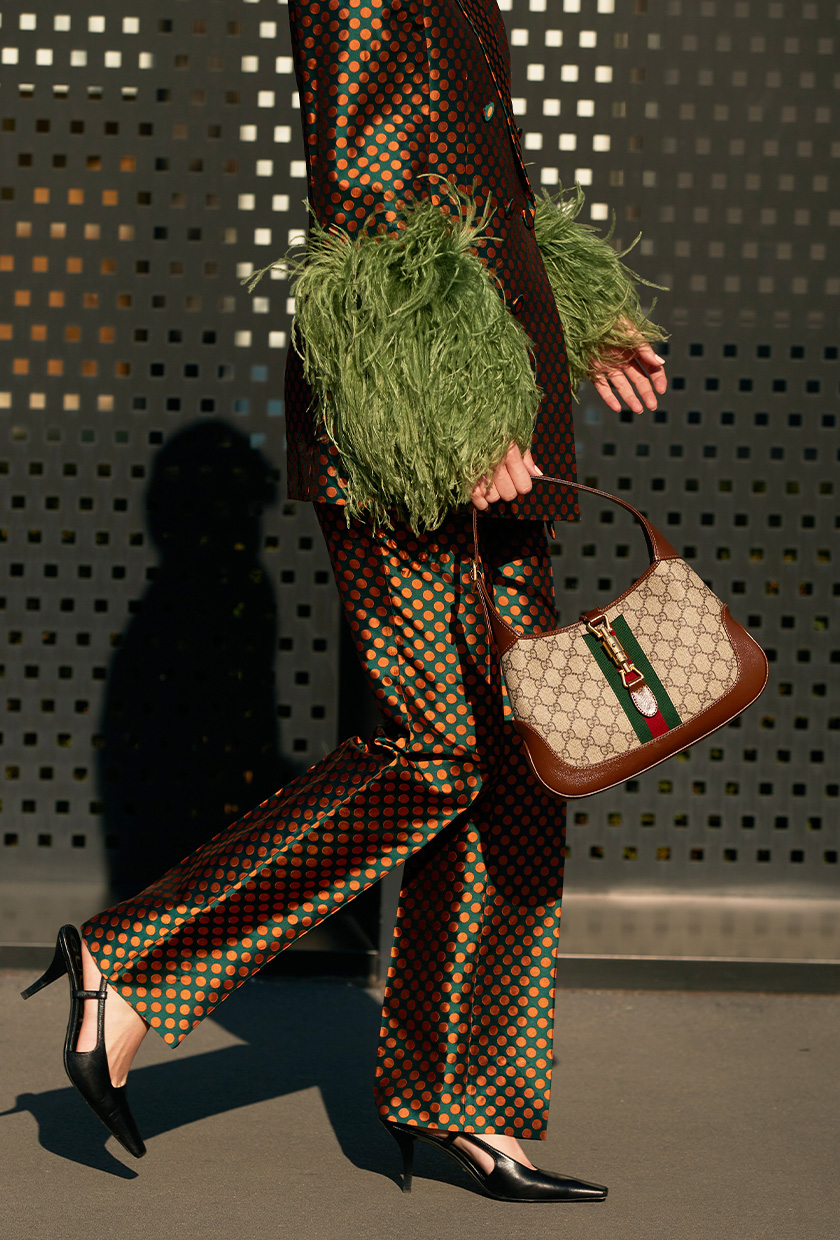
By now, hopefully, it’s abundantly clear that there are so many places you can sell second-hand designer items, but none quite encapsulate the ethos of selling “hidden gems” quite like 1stDibs. Initially started as a marketplace to sell antiques online in 2000, it’s become renowned for its online curation of luxury goods—making it the destination for collectors of all kinds, including the bag ladies. But because the platform deals exclusively with antiquities, it’s not made for sellers who aren't vintage vendors. It’s one of the exclusive places to sell, as it requires you to apply to sell online and requires a monthly membership fee, so it’s not necessarily the best option if you’re trying to sell one item reasonably quickly.
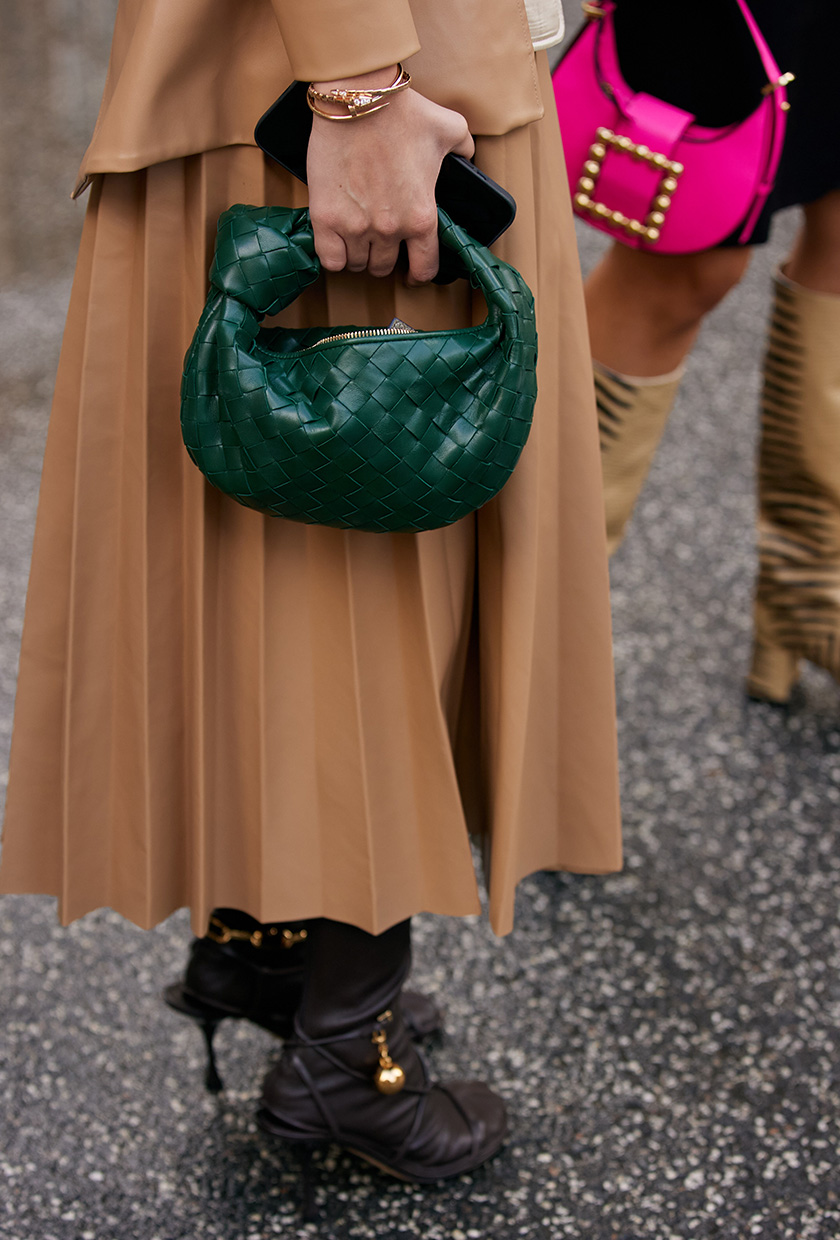
However, if you’re selling a larger collection of bags or if you have a business dedicated to selling extremely rare luxury goods, its extensive vetting process ensures that your pieces (when listed online) are more likely to resell at a higher value. Therefore, it’s not worth passing up selling on 1stDibs; you want to keep our editors' tips in mind before considering continuing the process.
Tips for selling designer bags on 1stDibs:
- Consider whether what you’re selling matches the requirements that 1stDibs has for all of its listings. You don’t want to go through the application process only to have your items not match the site’s standards.
- Whether you’re selling on 1stDibs or another retailer, the platform offers great insight into what items are considered rare, especially bags. So, it’s worth looking through their curation to understand your item’s value before determining its potential resell price.
- Lastly, it’s worth reiterating that details matter when it comes to selling anything online. Being as detailed as possible with your imagery and descriptions provides ample context for buyers to be able to commit to those higher-ticket items.
ThredUp
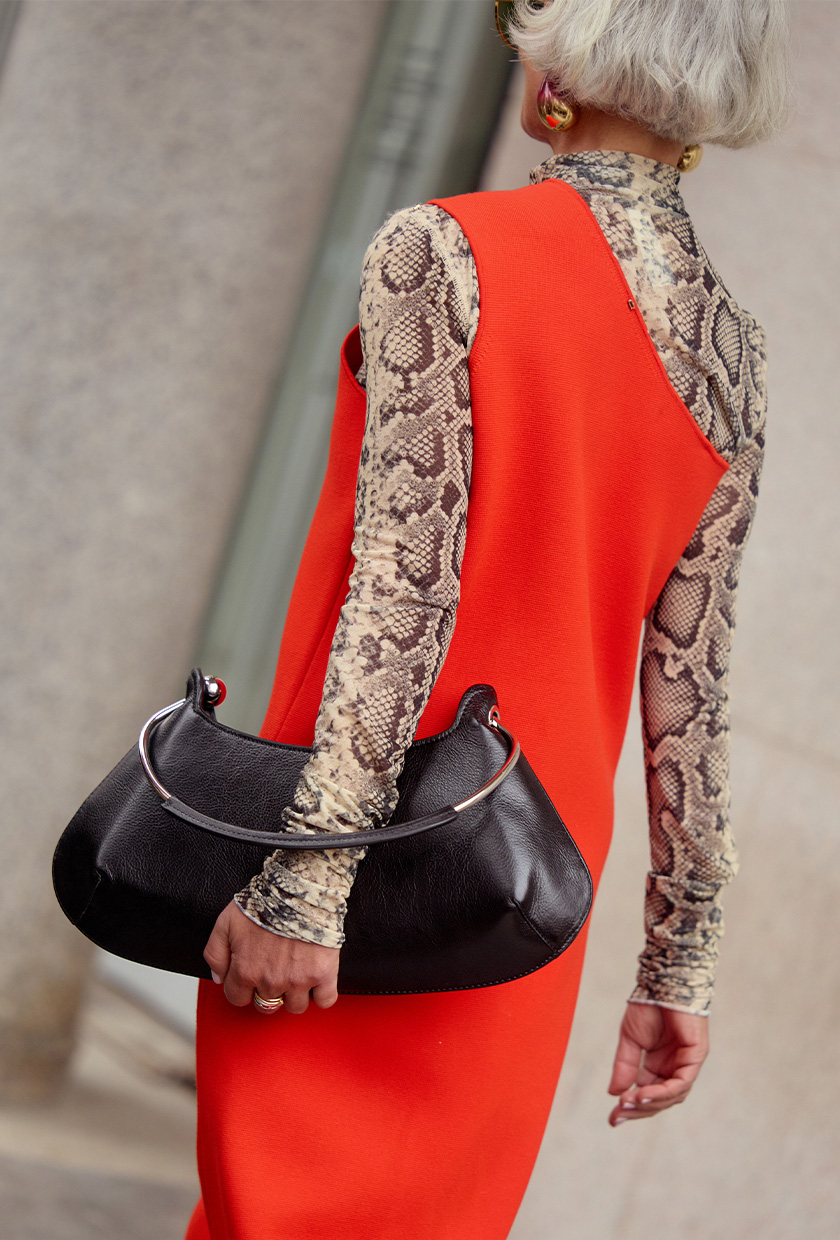
We believe everyone deserves access to reselling their items easily—even if those items aren’t high-end bags from Hermés. Fortunately, the second-hand retailer ThredUp agrees with our sentiment. What makes them distinct from other sites, besides the fact they sell every type of apparel and accessory at every price point, is their business model. While some retailers may refuse to accept items based on their wear and tear, ThredUp is one of the few sellers dedicated to sustainability at every step. They have an extensive network catering to mending items before they’re listed on-site or recycling them to make future items available.
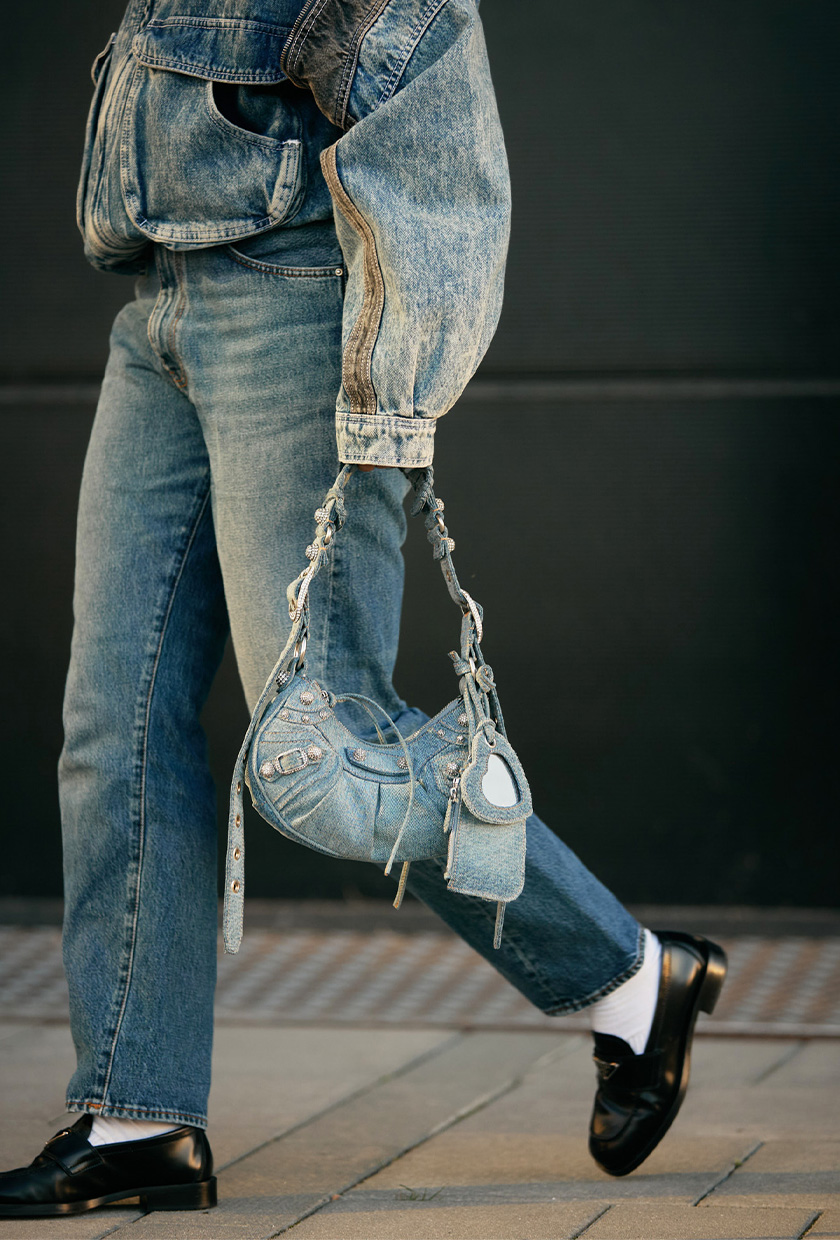
In addition to its commitment to truly circular fashion, ThredUp makes the selling process incredibly easy for potential sellers. All you have to do is request a closet cleanout kit and ship it to its warehouse. From there, the platform handles every aspect of the consignment process, from pricing to shipping—making selling designer bags online easy. However, there are a few things you should consider before selling with ThredUp, so we're sharing a few hacks that will help decide once and for all the best place to sell your bags.
Tips for selling designer bags on ThredUp:
- Consider convenience when deciding where to sell your old accessories, as Thredup is often the easiest way to get items off your hands quickly.
- When choosing what you want to sell on this platform, you should consider whether you care about the listing price for said item. You can not control how much it sells for on ThredUp. And there’s only a short period of time during which you can request to have your items returned to you before they’re listed on the site.
- Familiarize yourself with Thredup’s payout rates. They’re set on a sliding scale based on the listing price of your items, but they do offer payouts in cash or store credit.

Jasmine Fox-Suliaman is a freelance writer and editor living in New York City. What began as a pastime (blogging on Tumblr) transformed into a lifelong passion for unveiling the connection between fashion and culture on the internet and in real life. Over the last decade, she's melded her extensive edit and social background to various on-staff positions at Who What Wear, MyDomaine, and Byrdie. More recently, she’s become a freelance contributor to other publications including Vogue, Editorialist, and The Cut. Off the clock, you can find her clutching her cell phone as she's constantly scrolling through TikTok and The RealReal, in search of the next cool thing.
